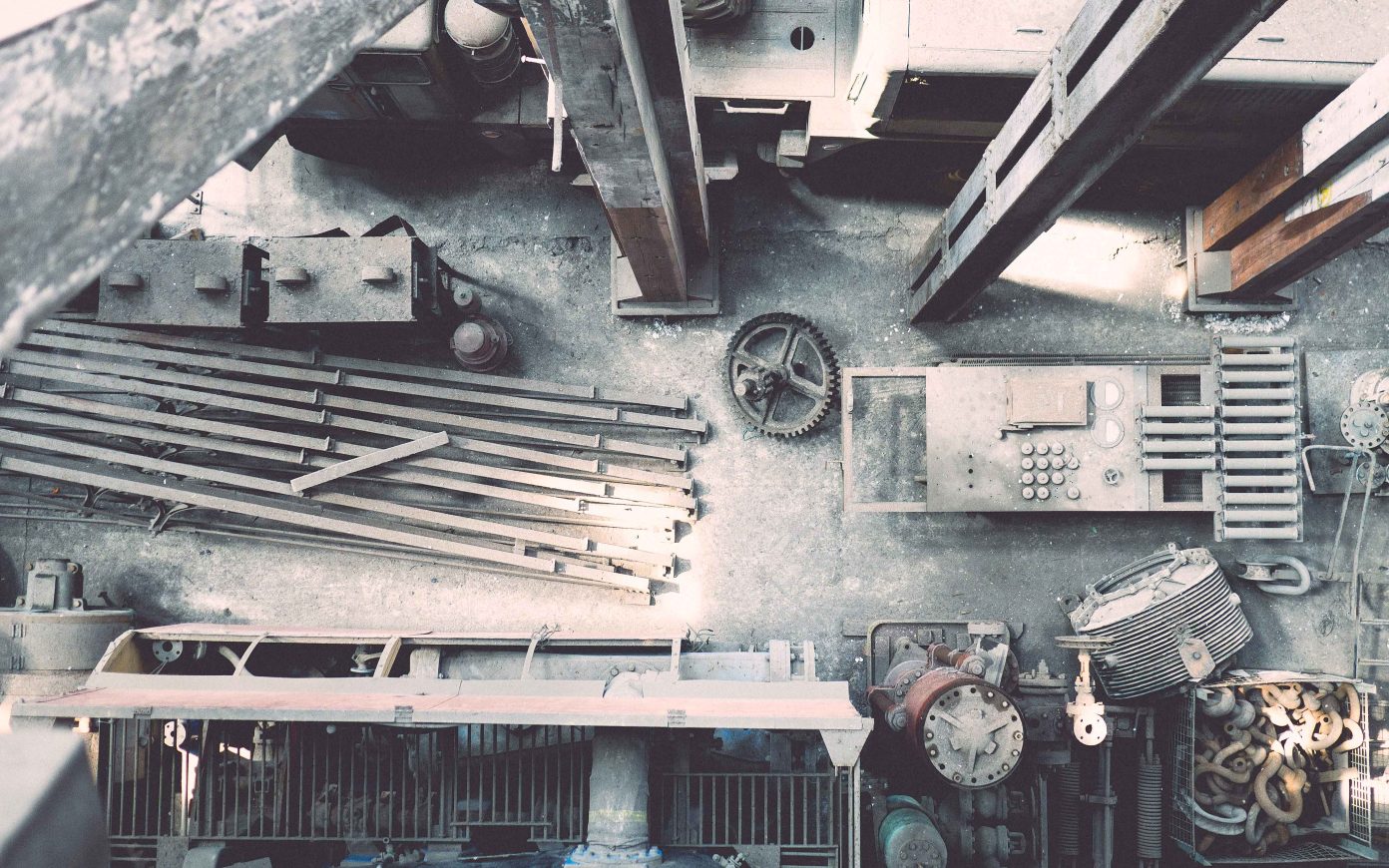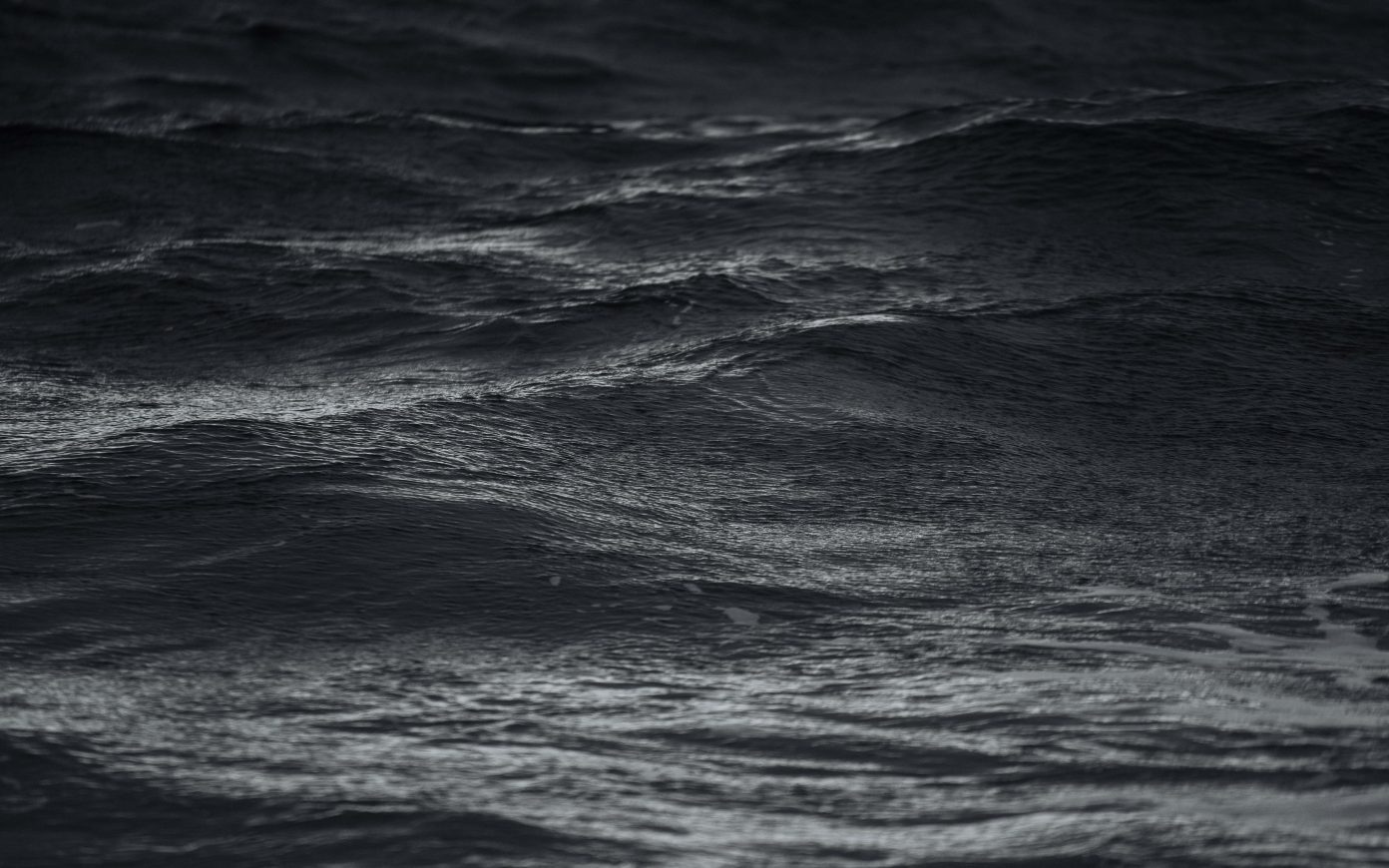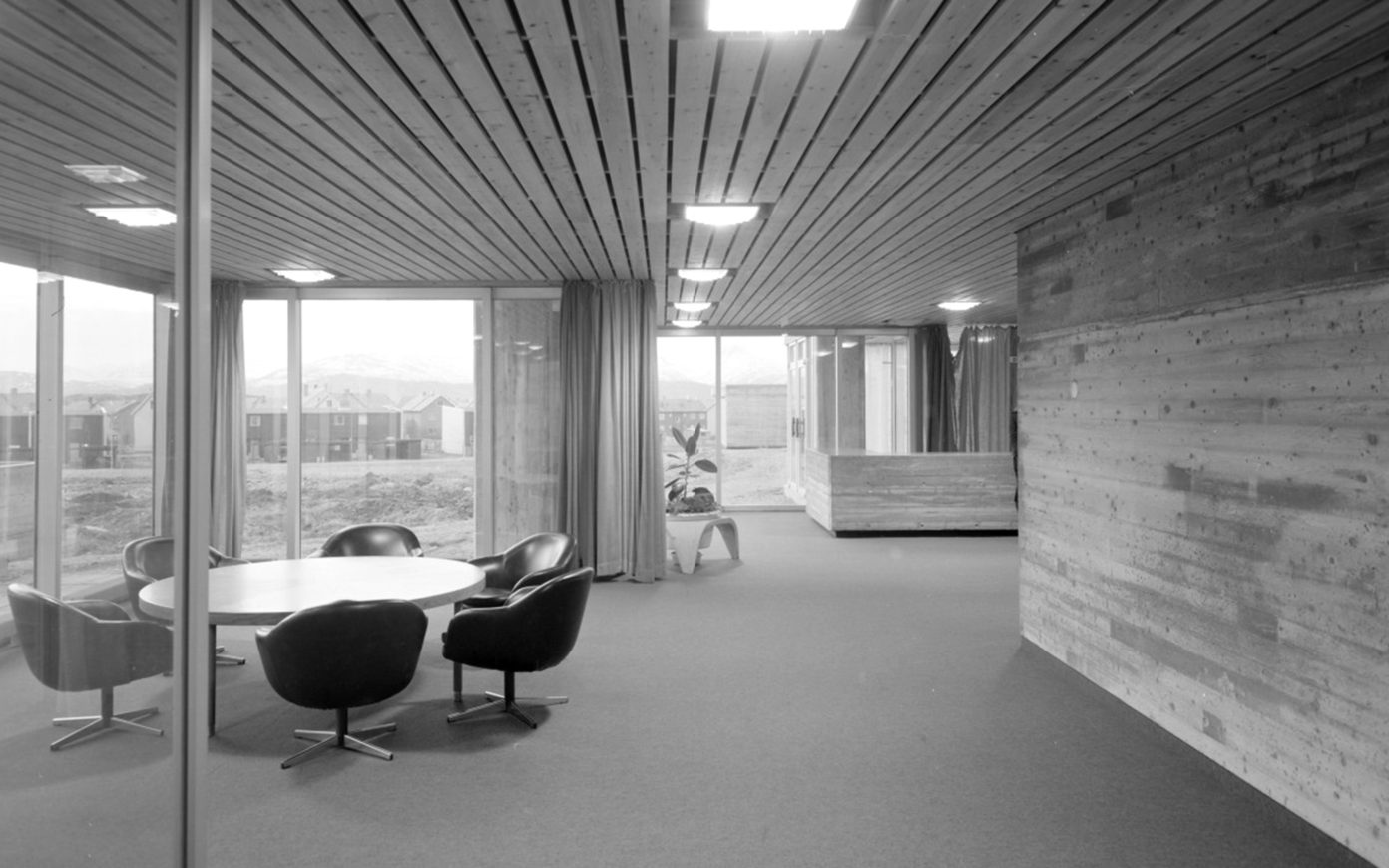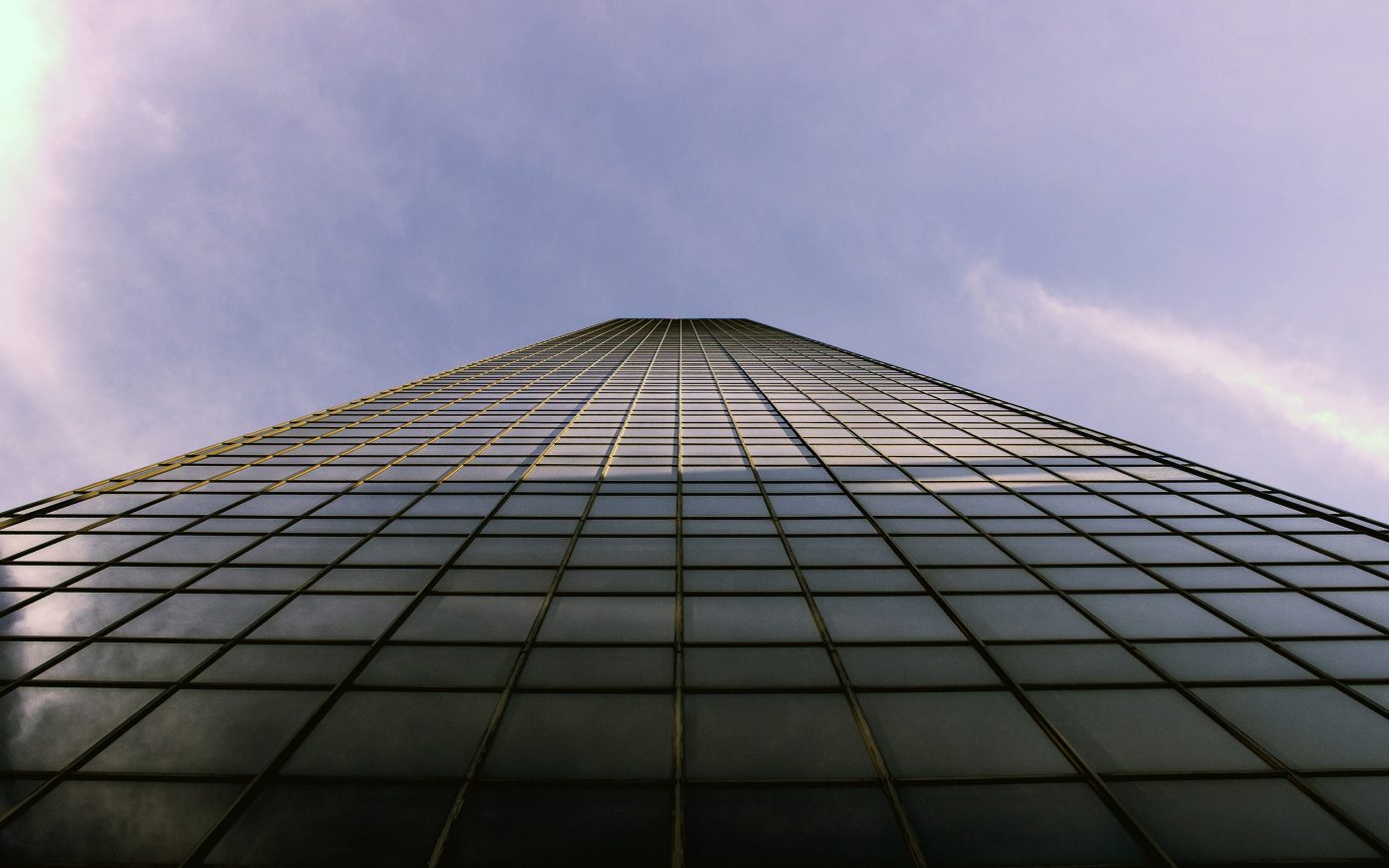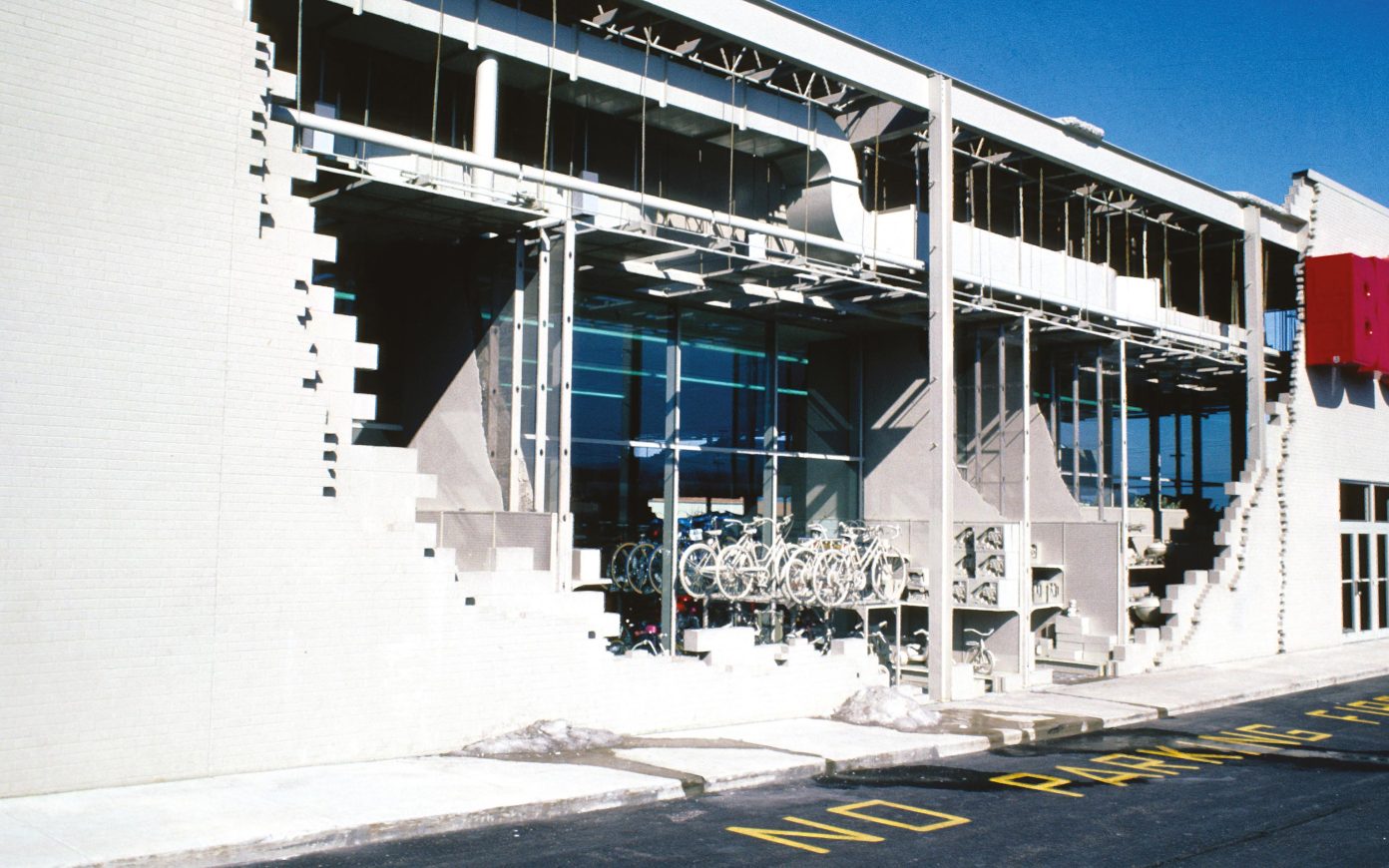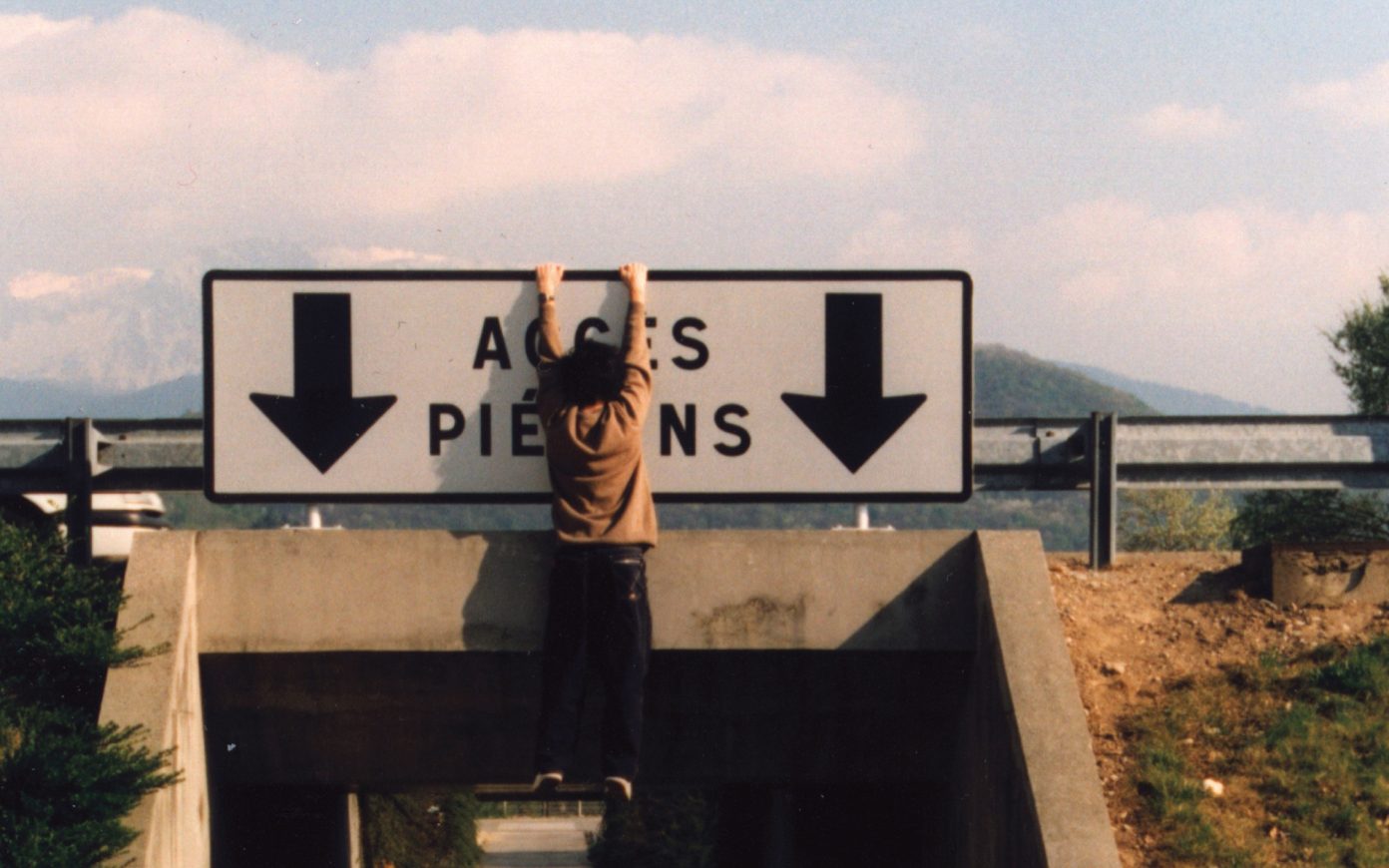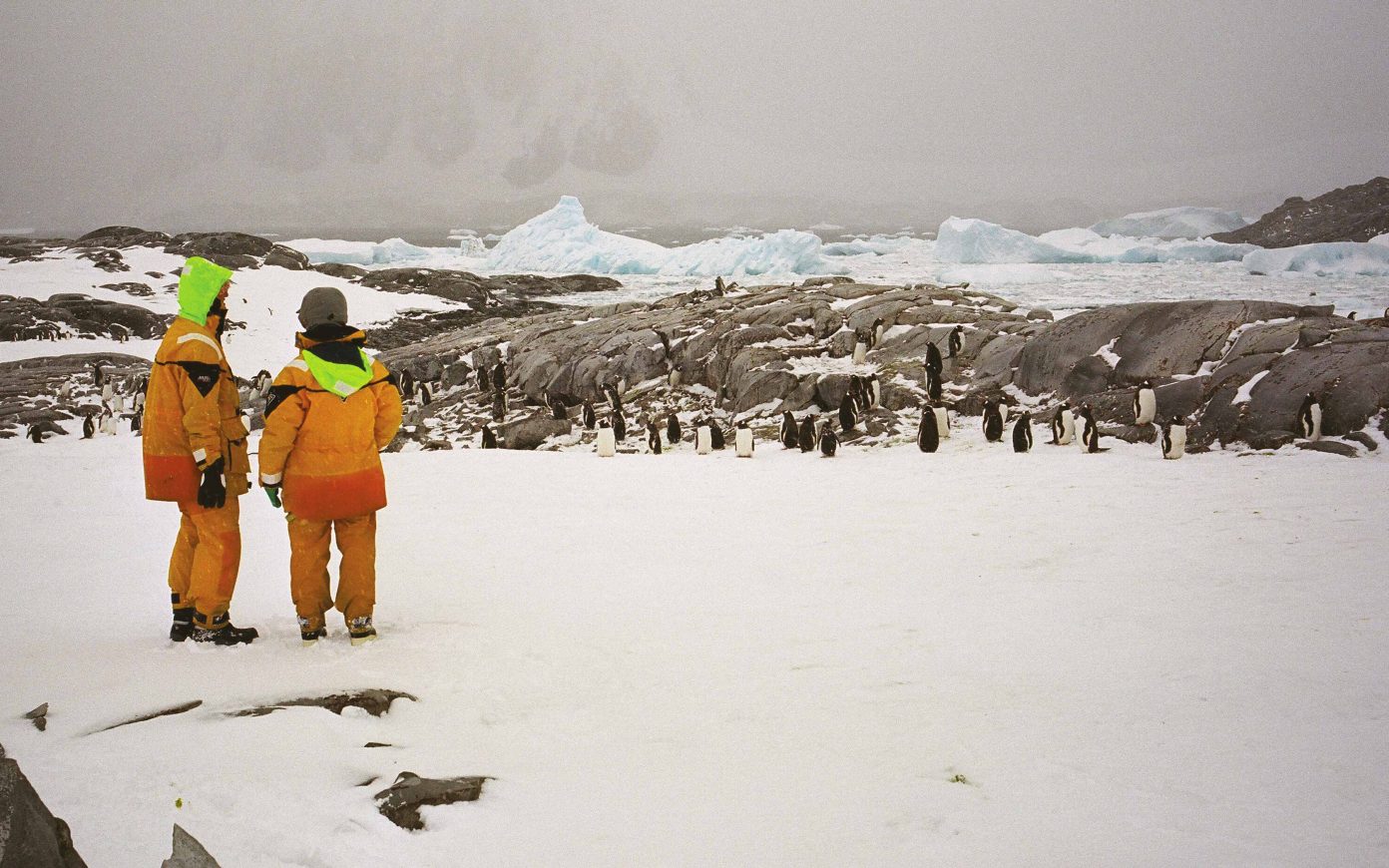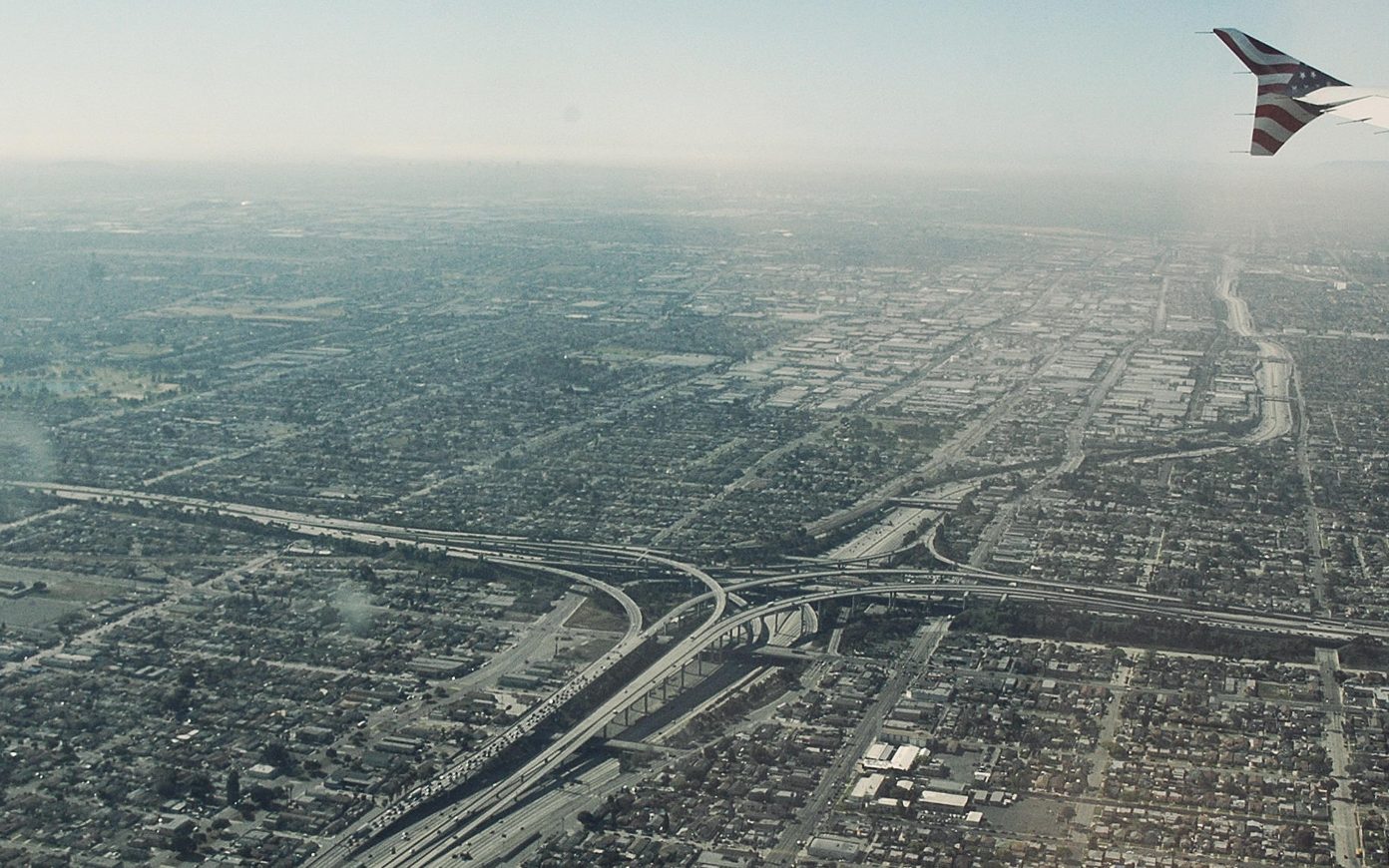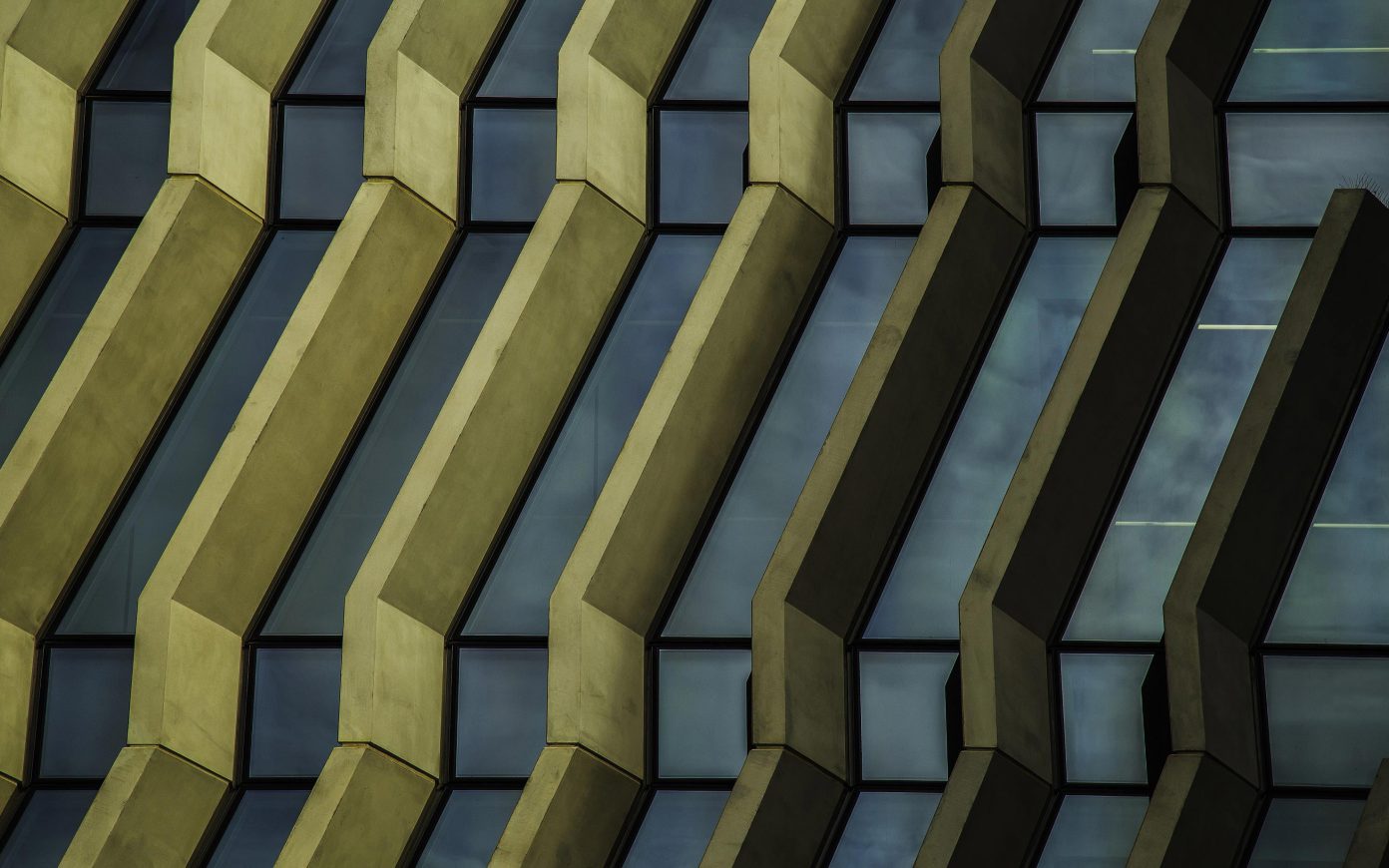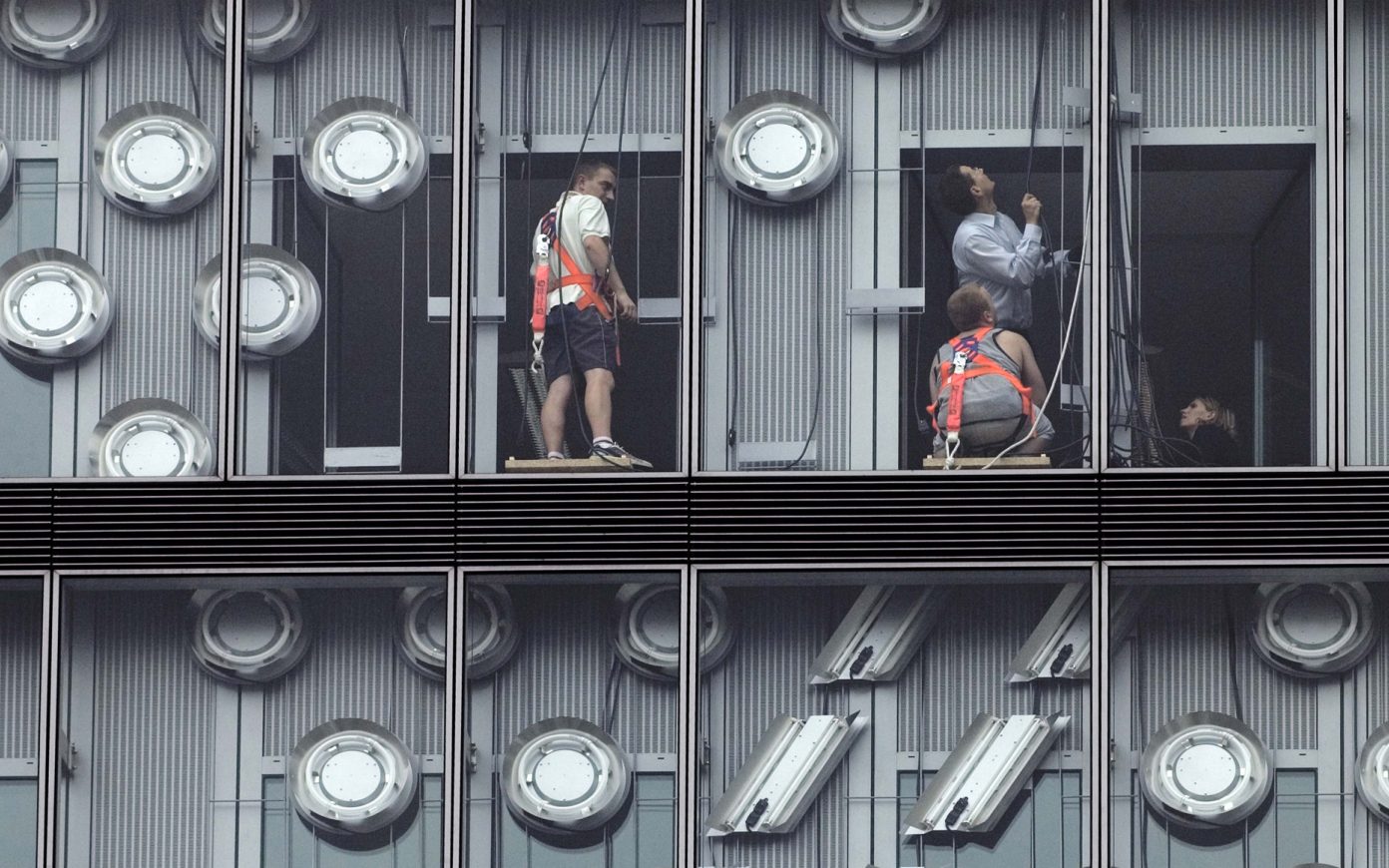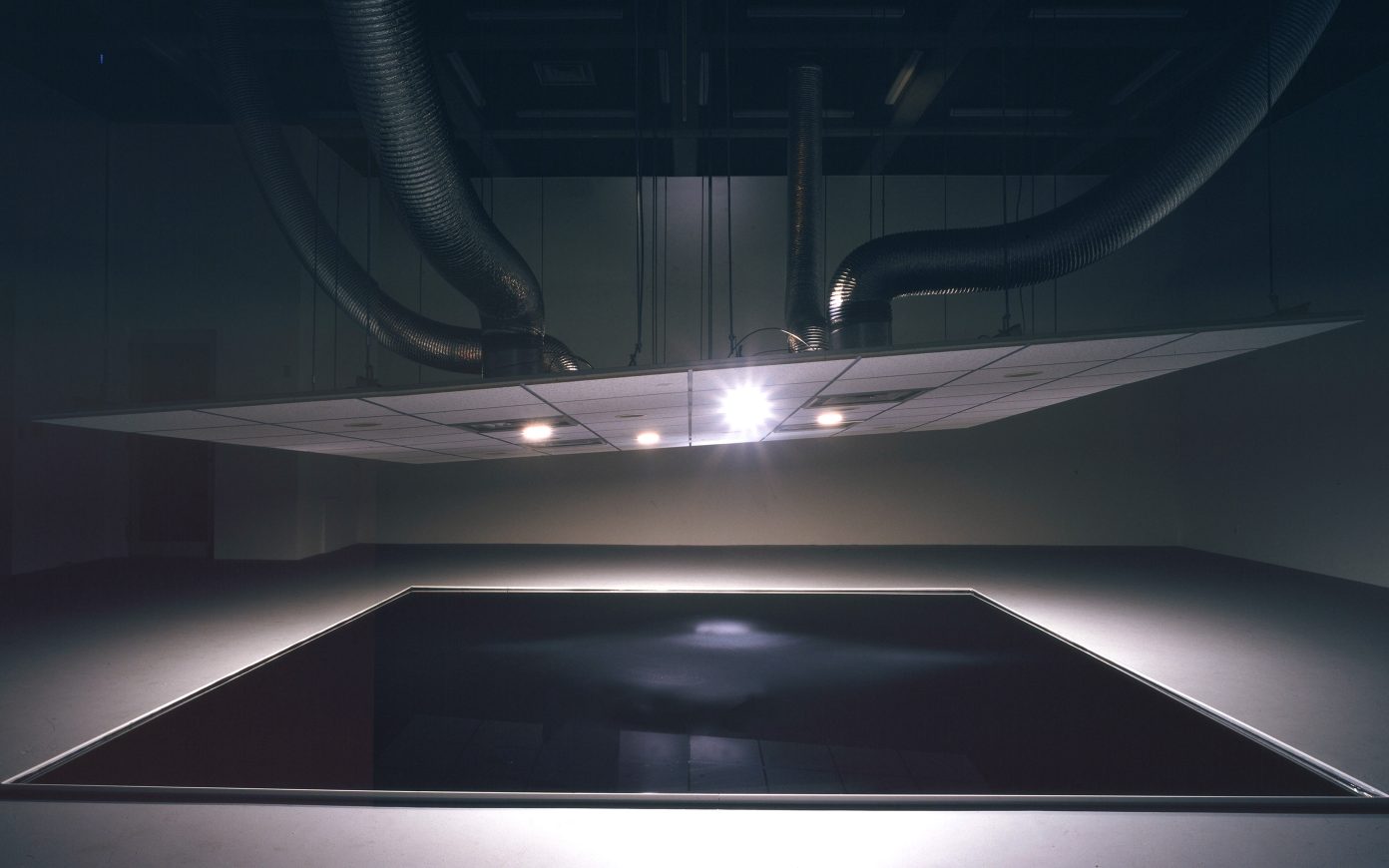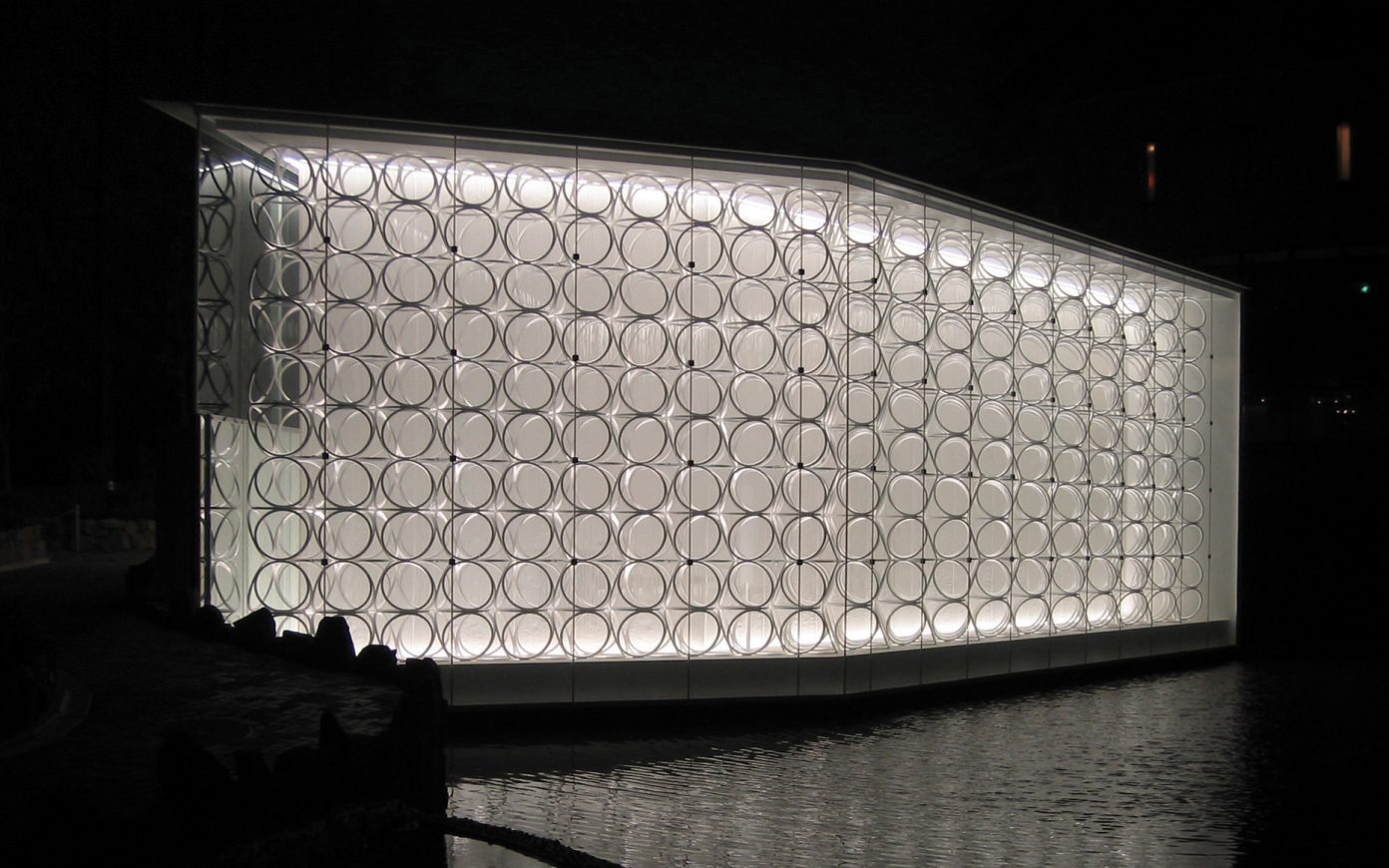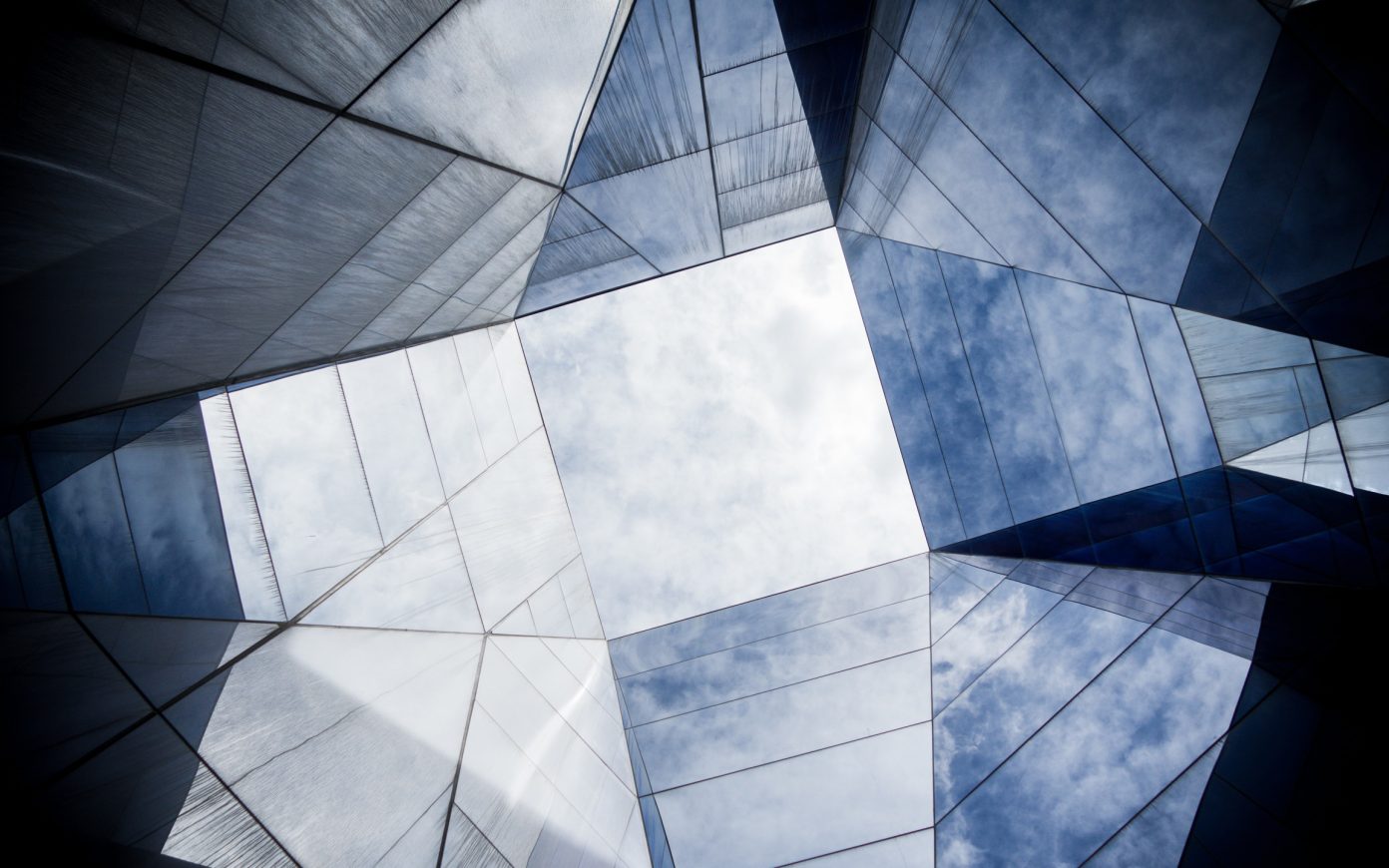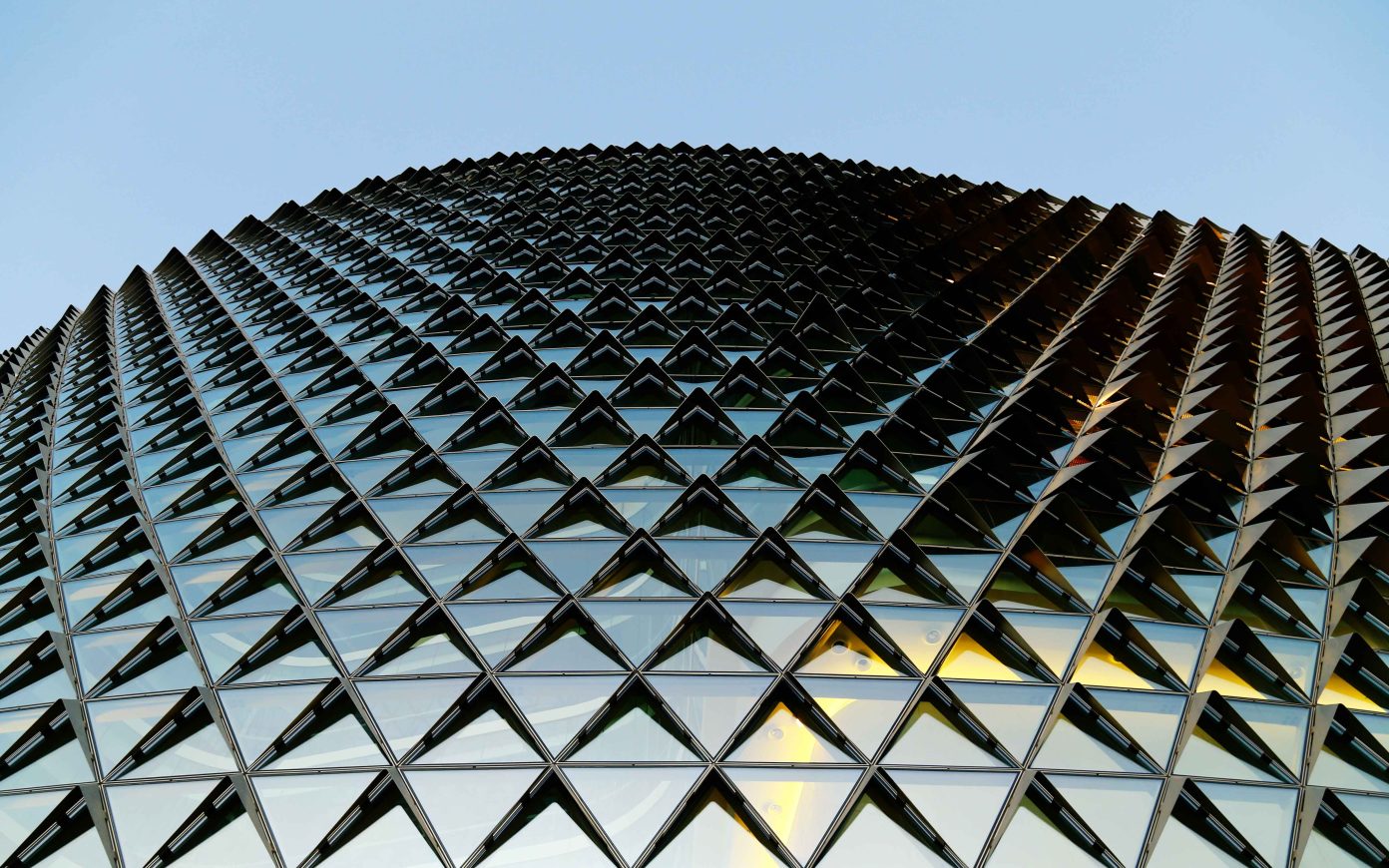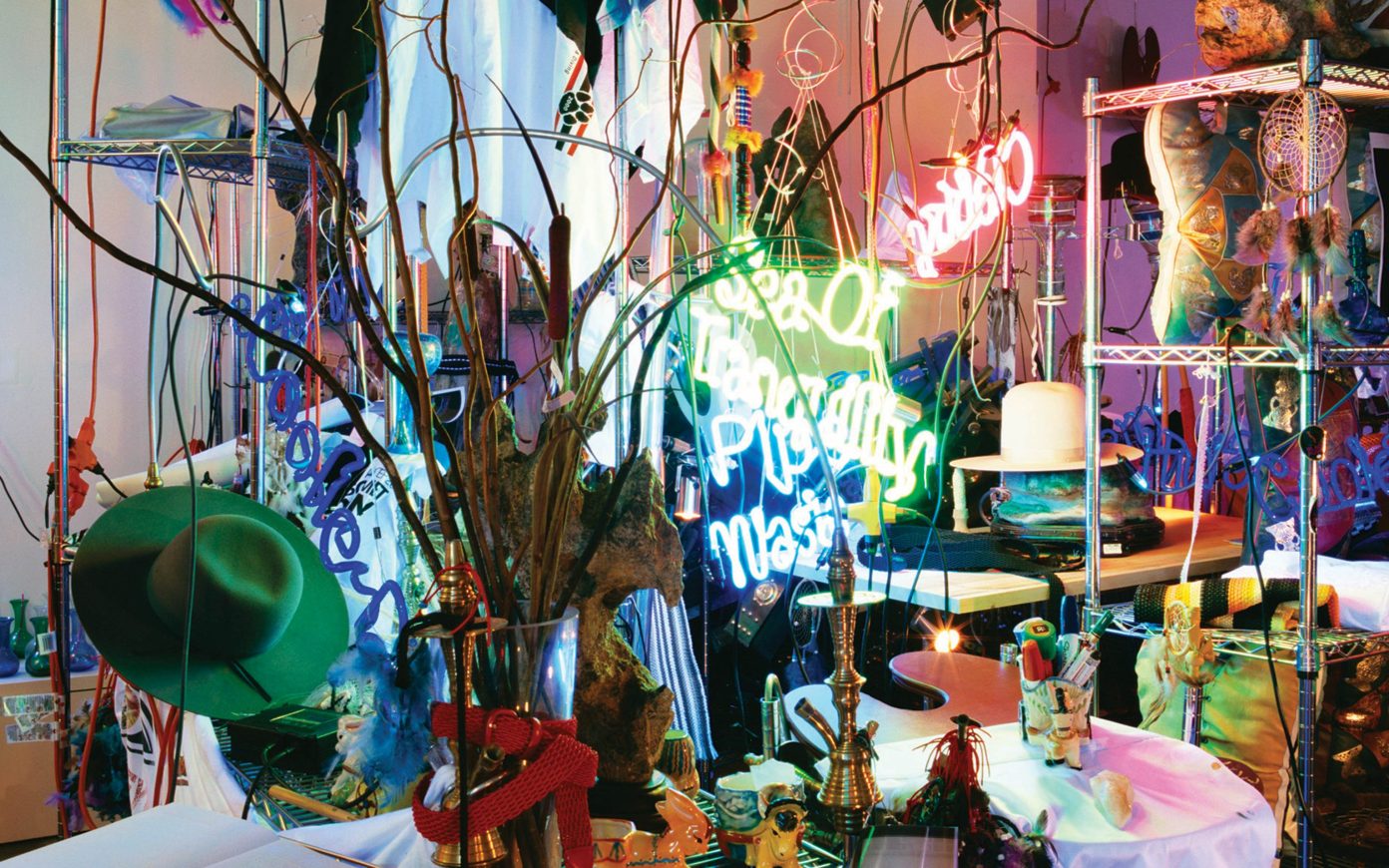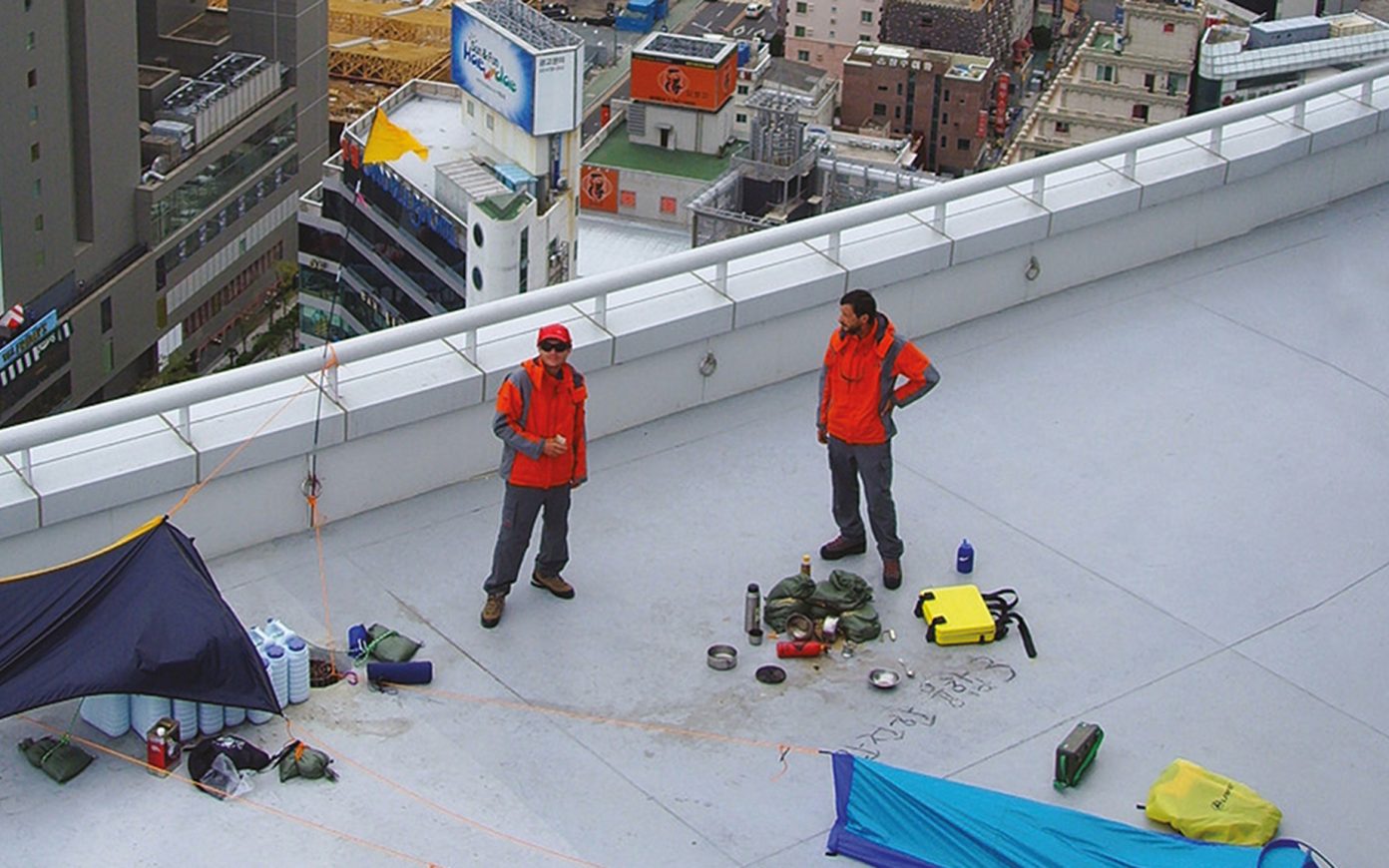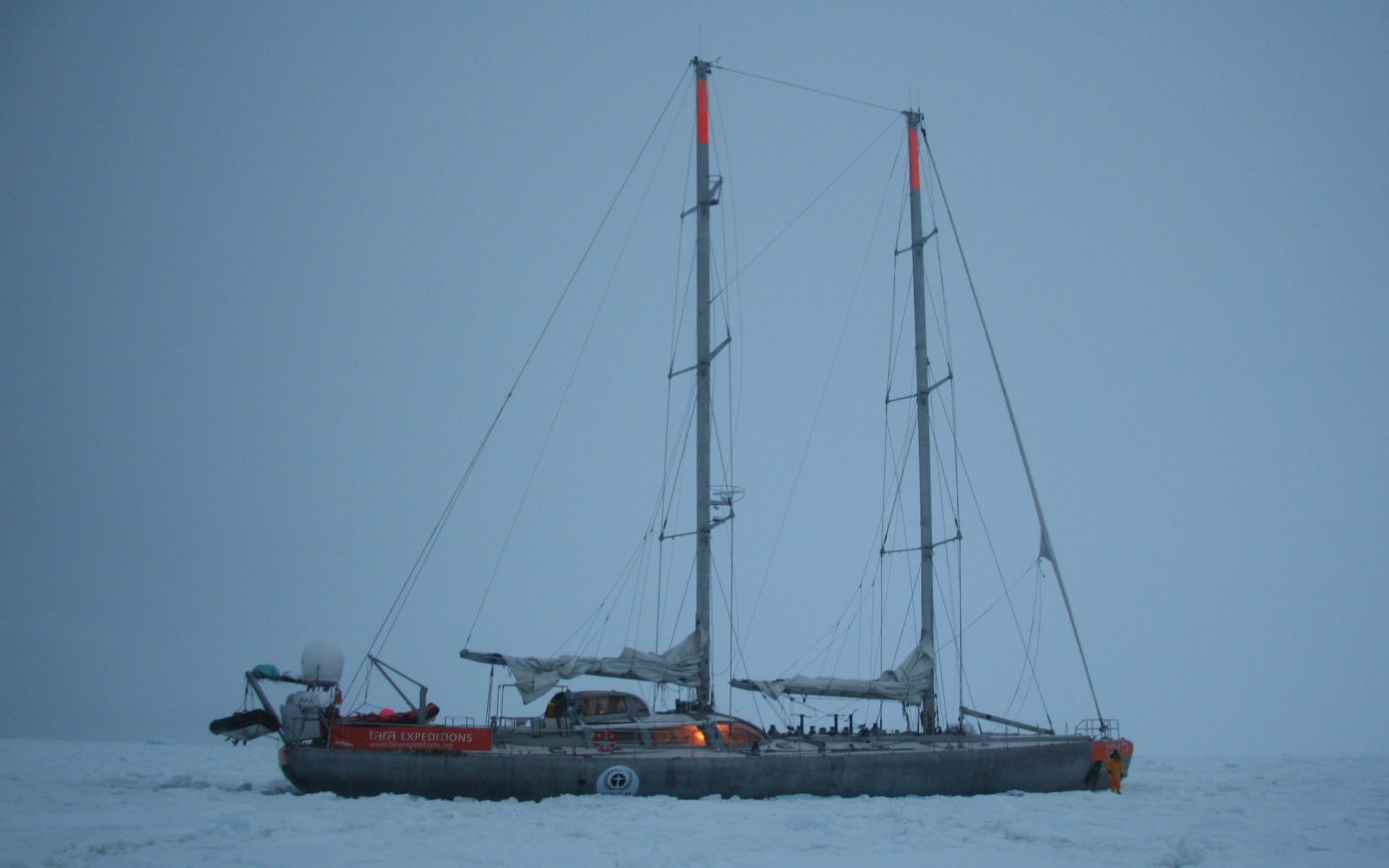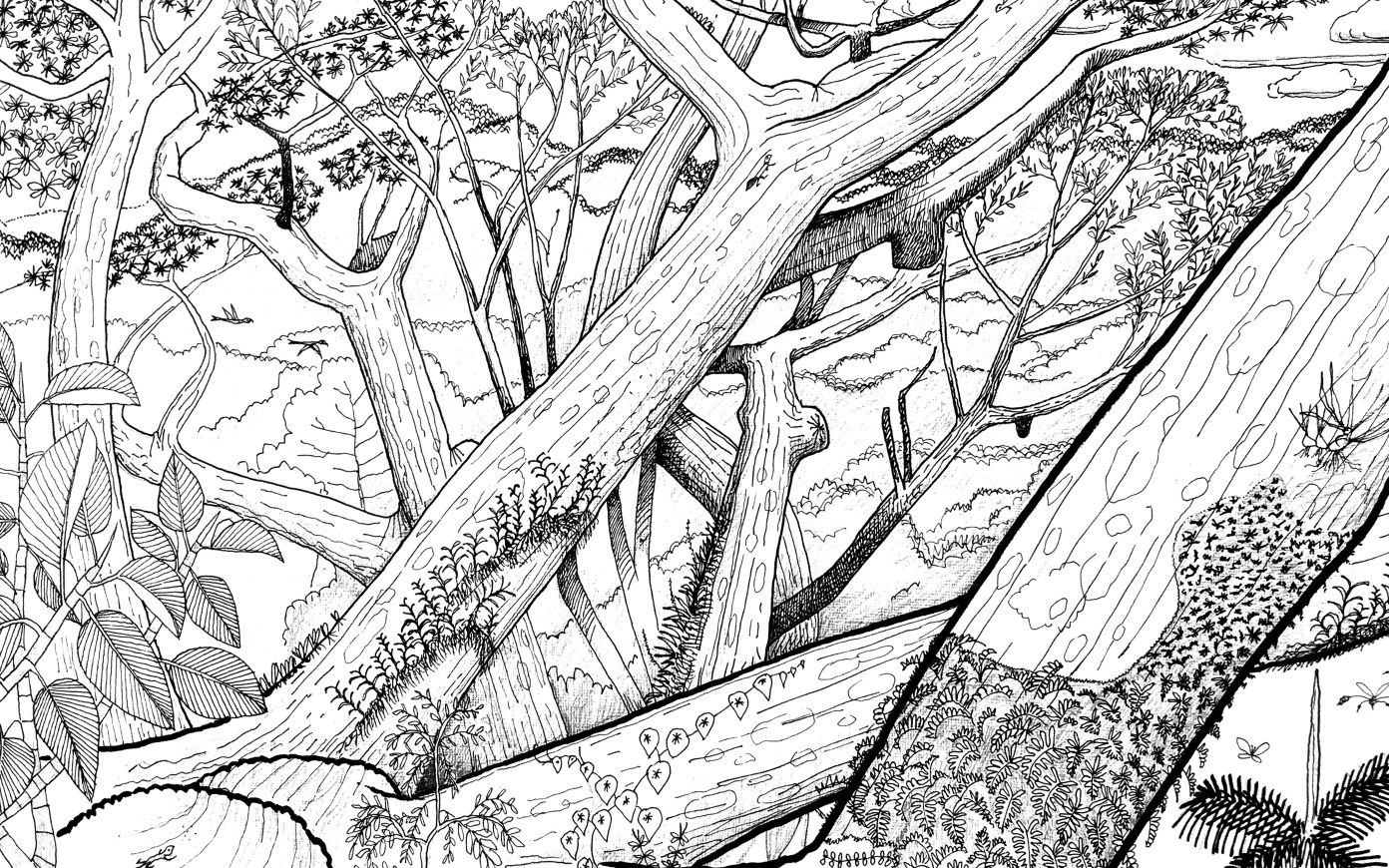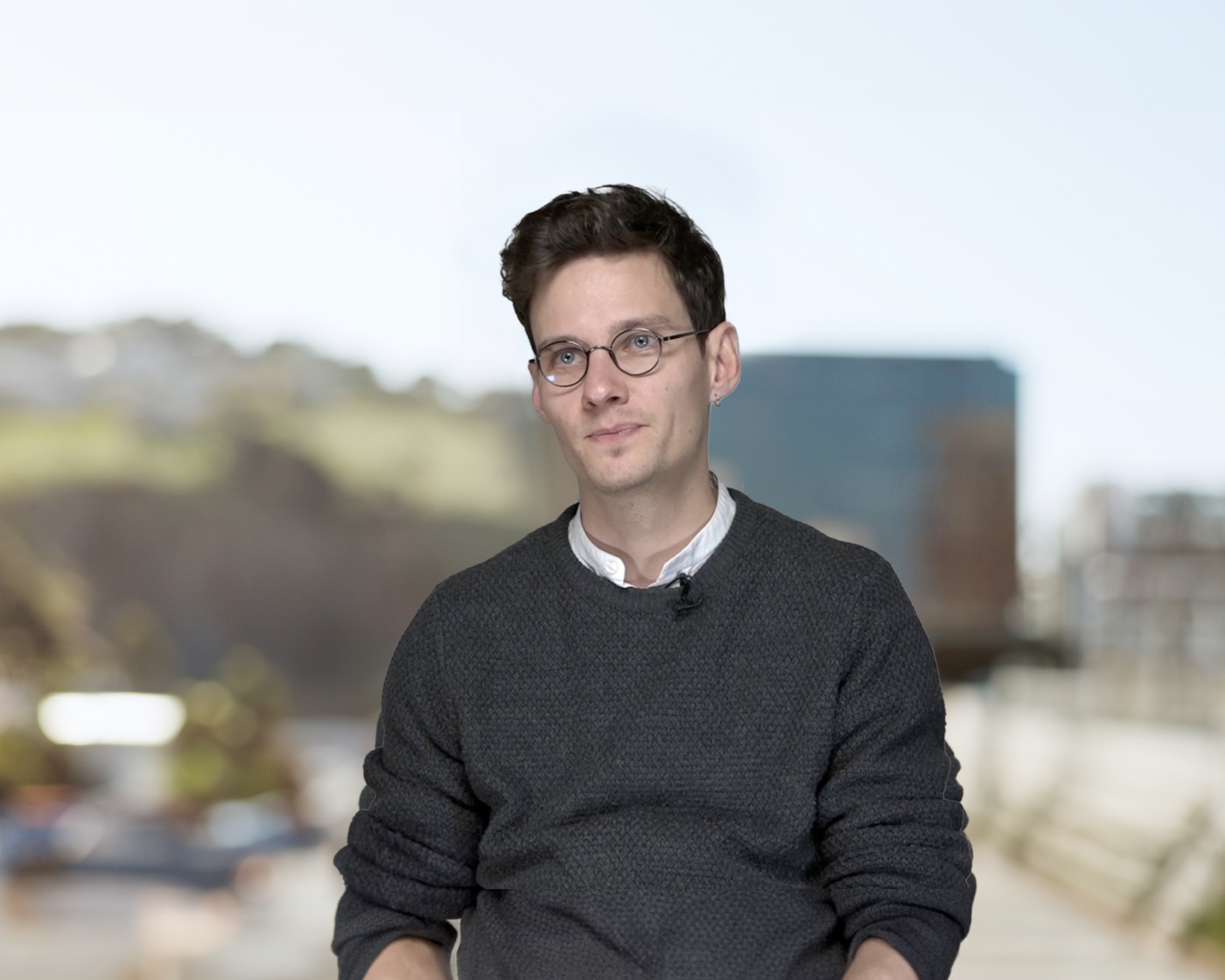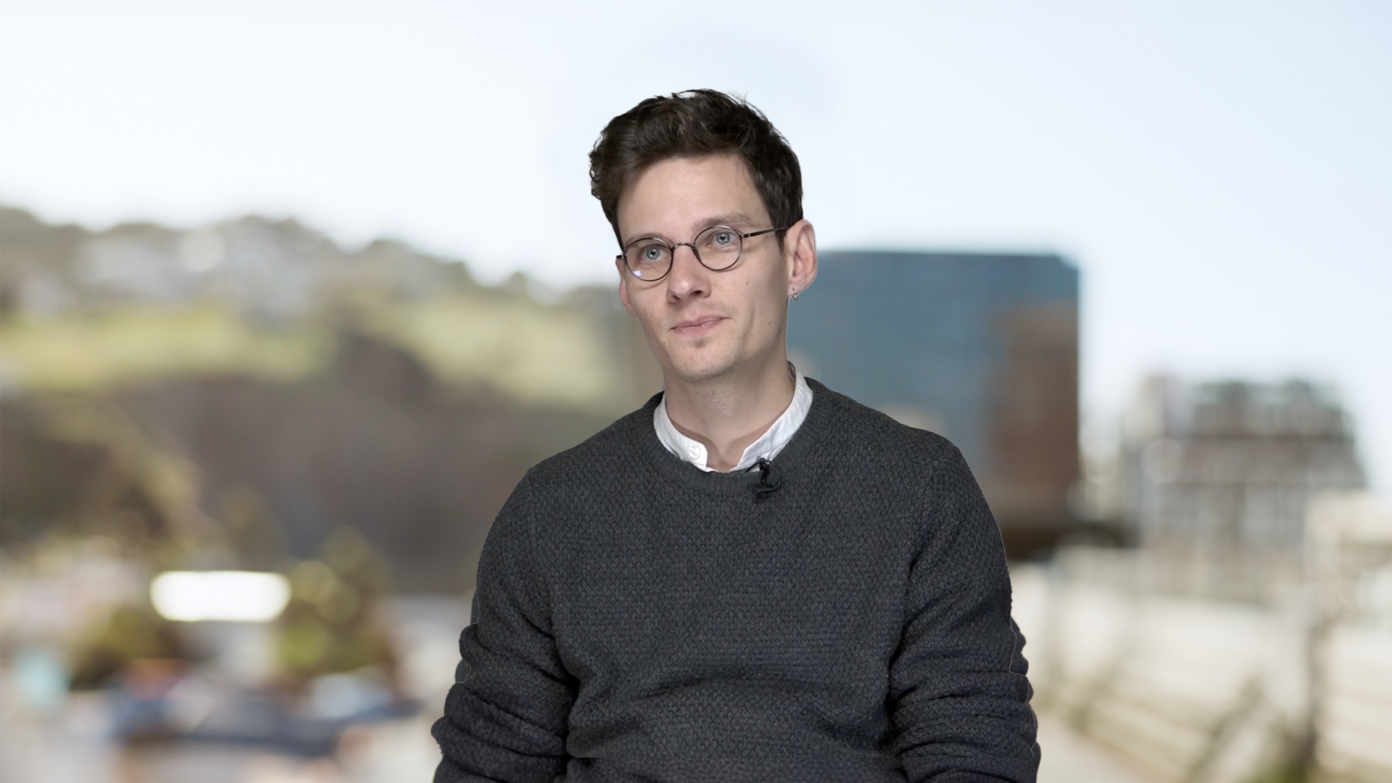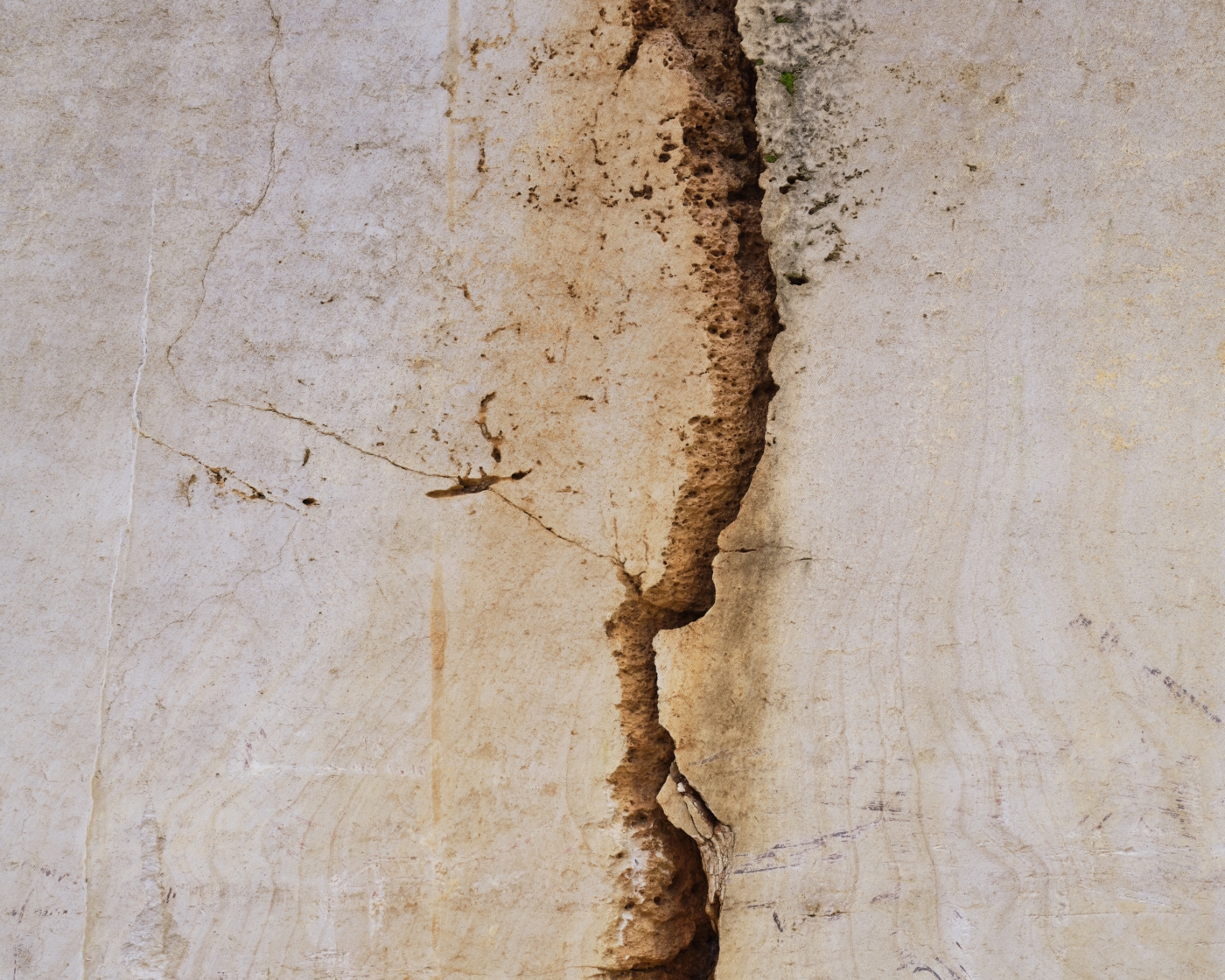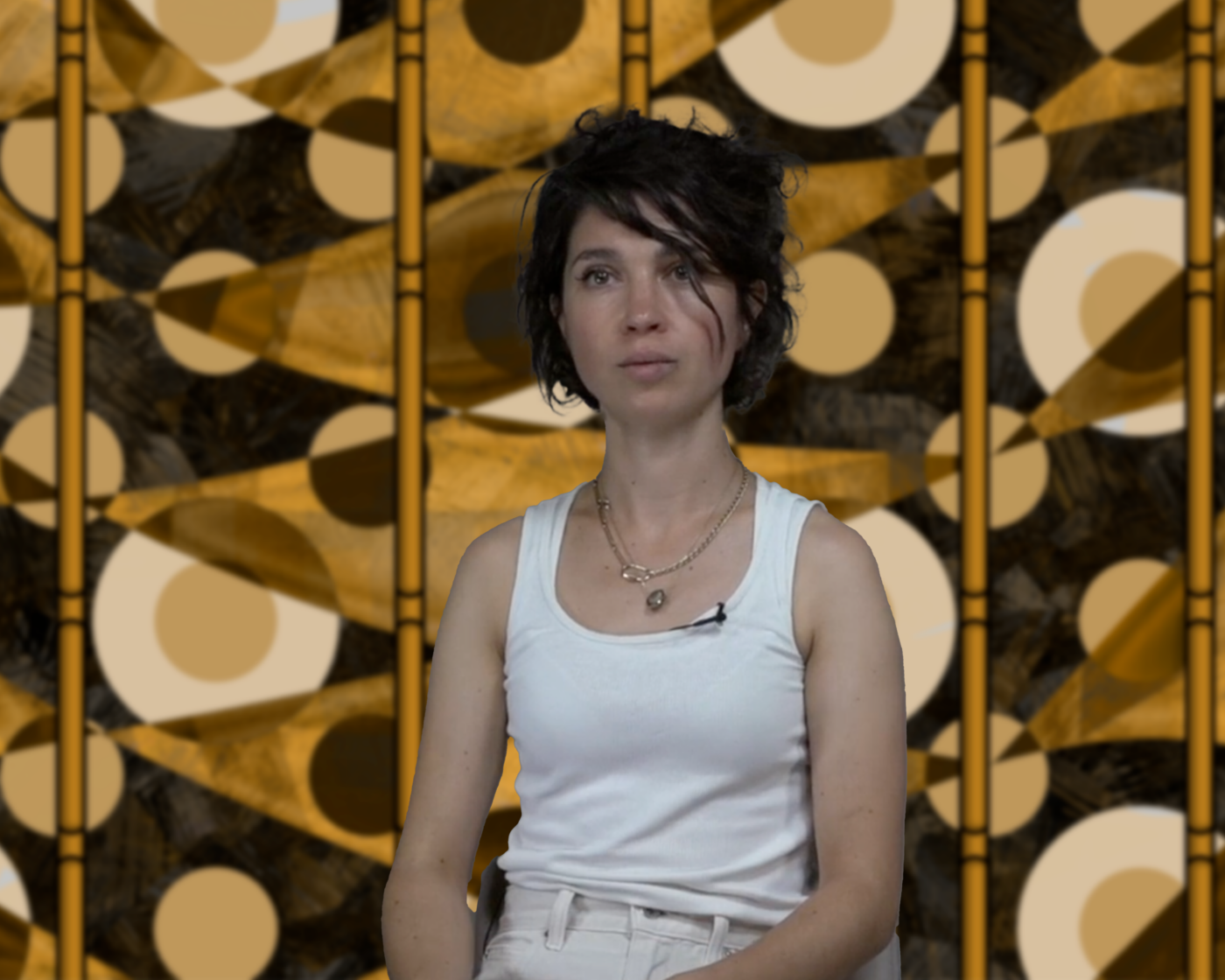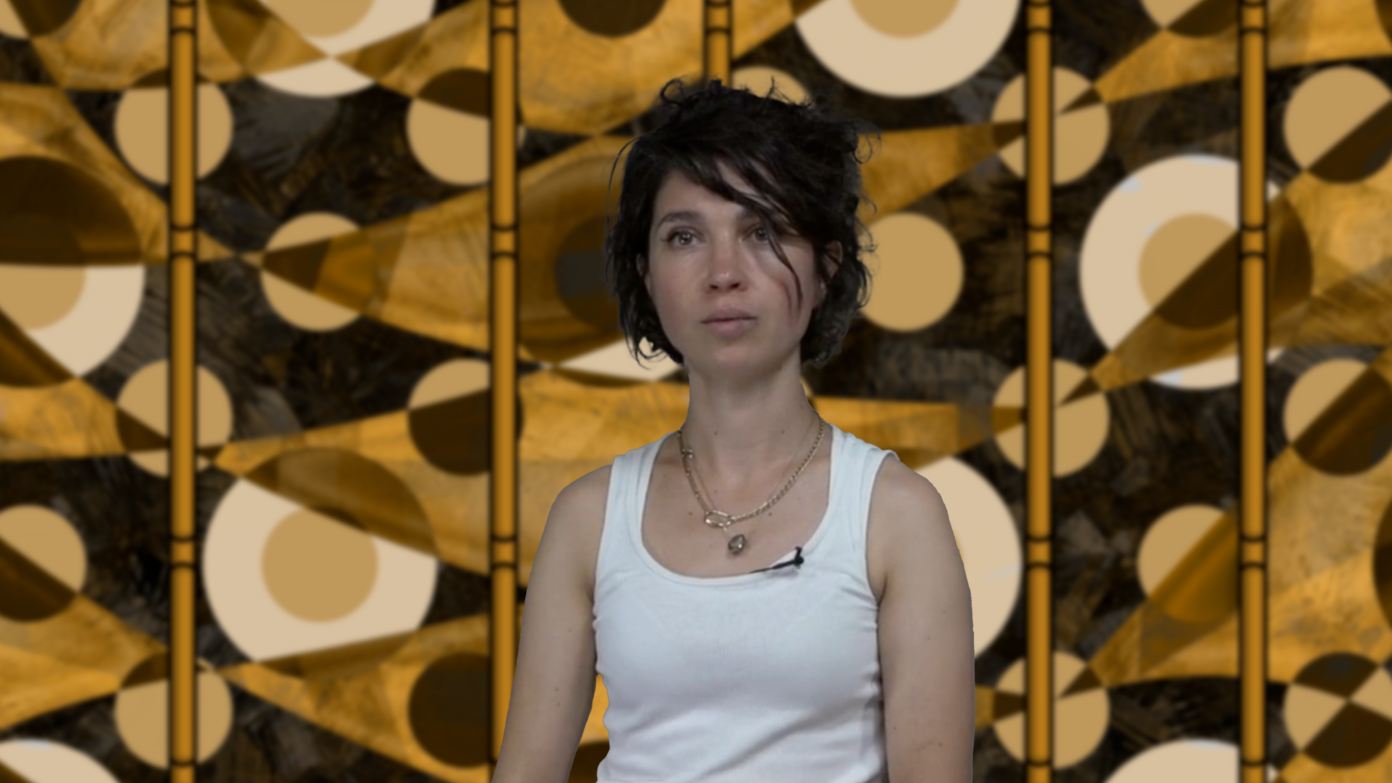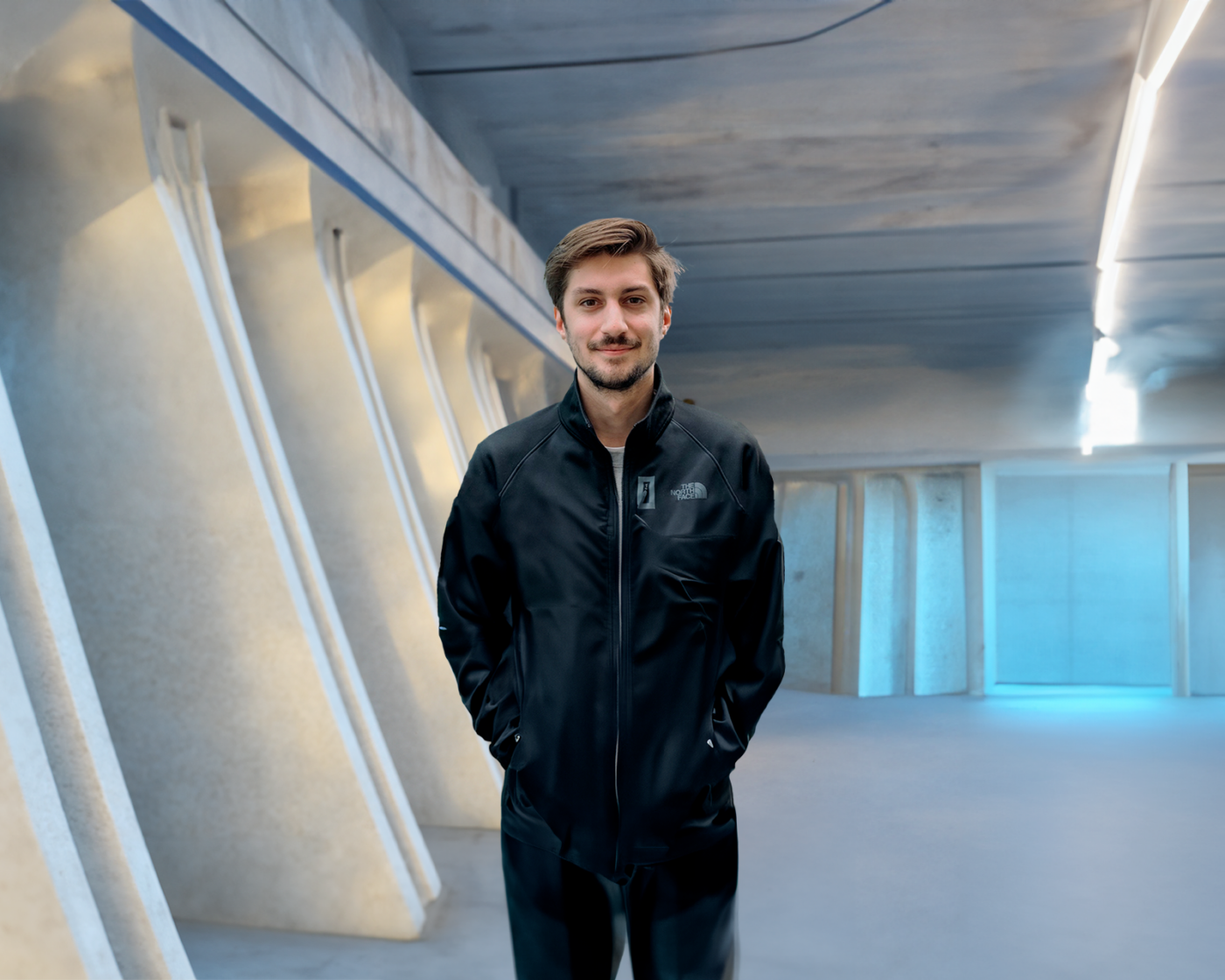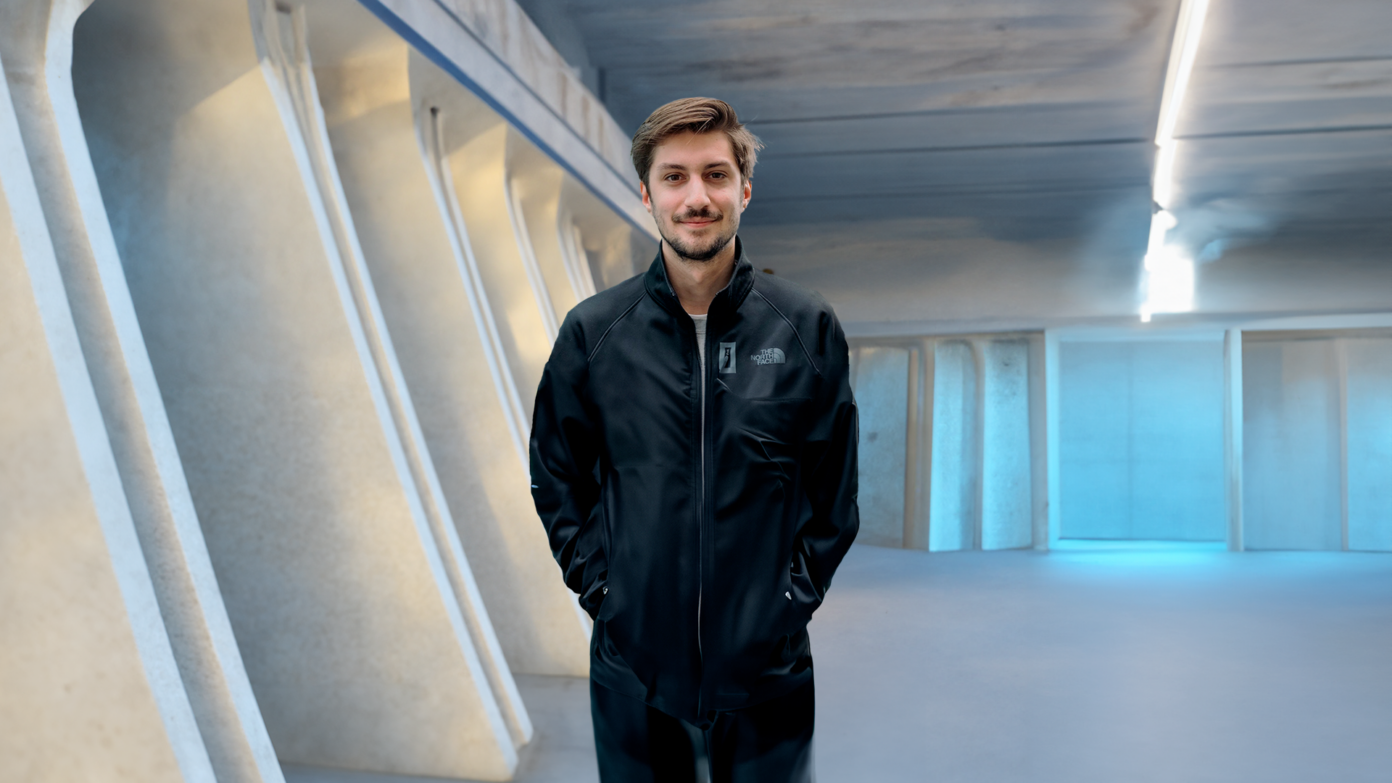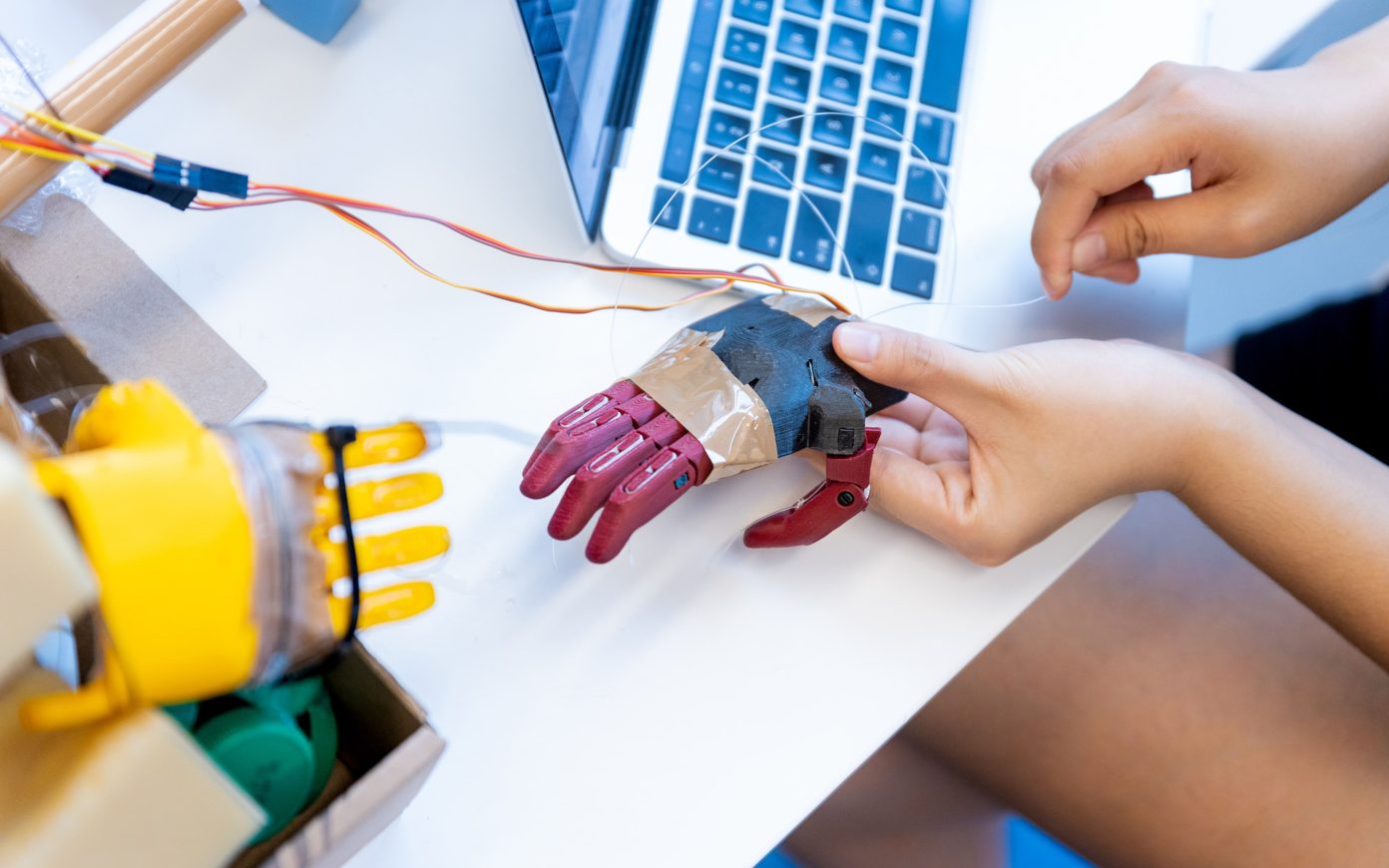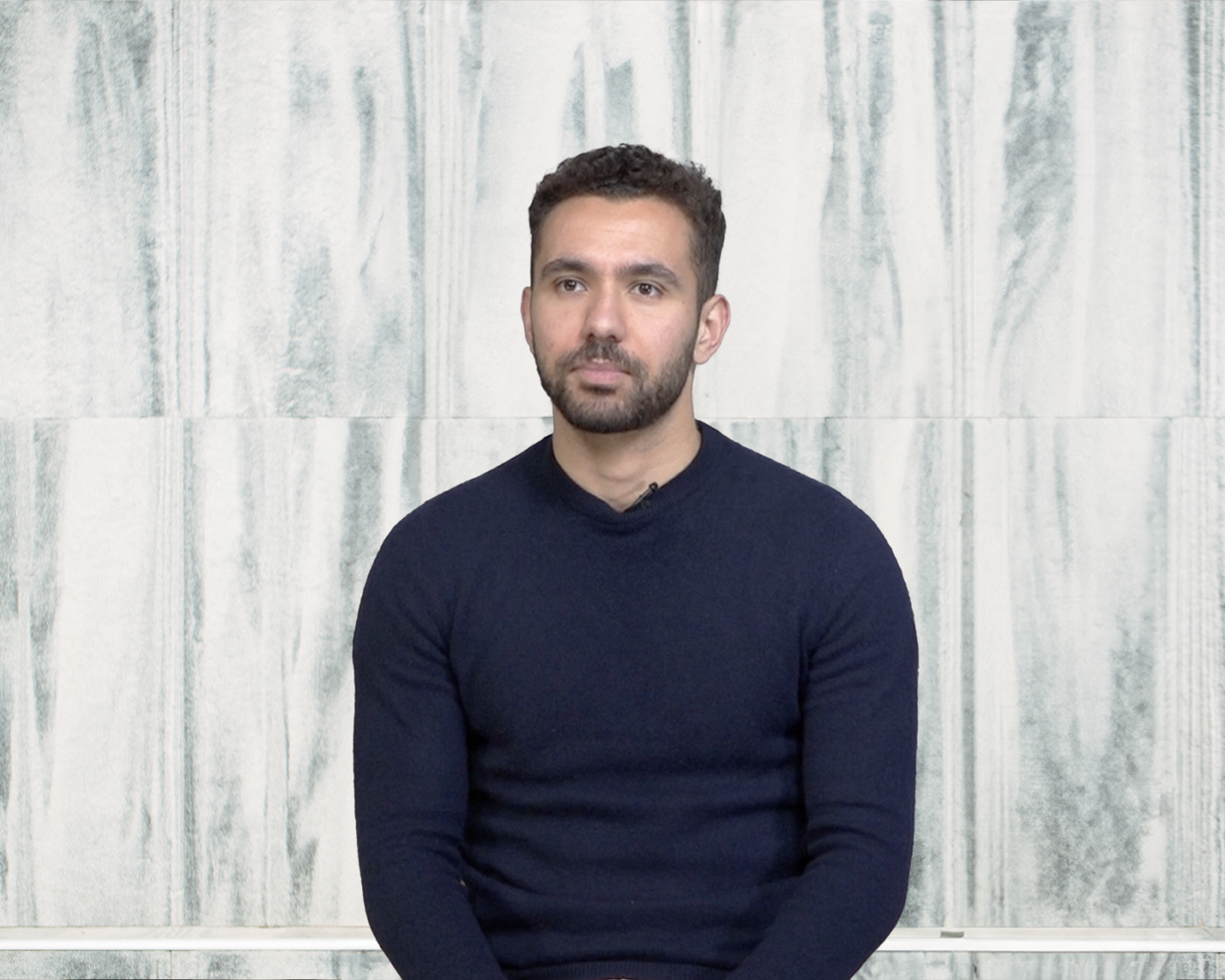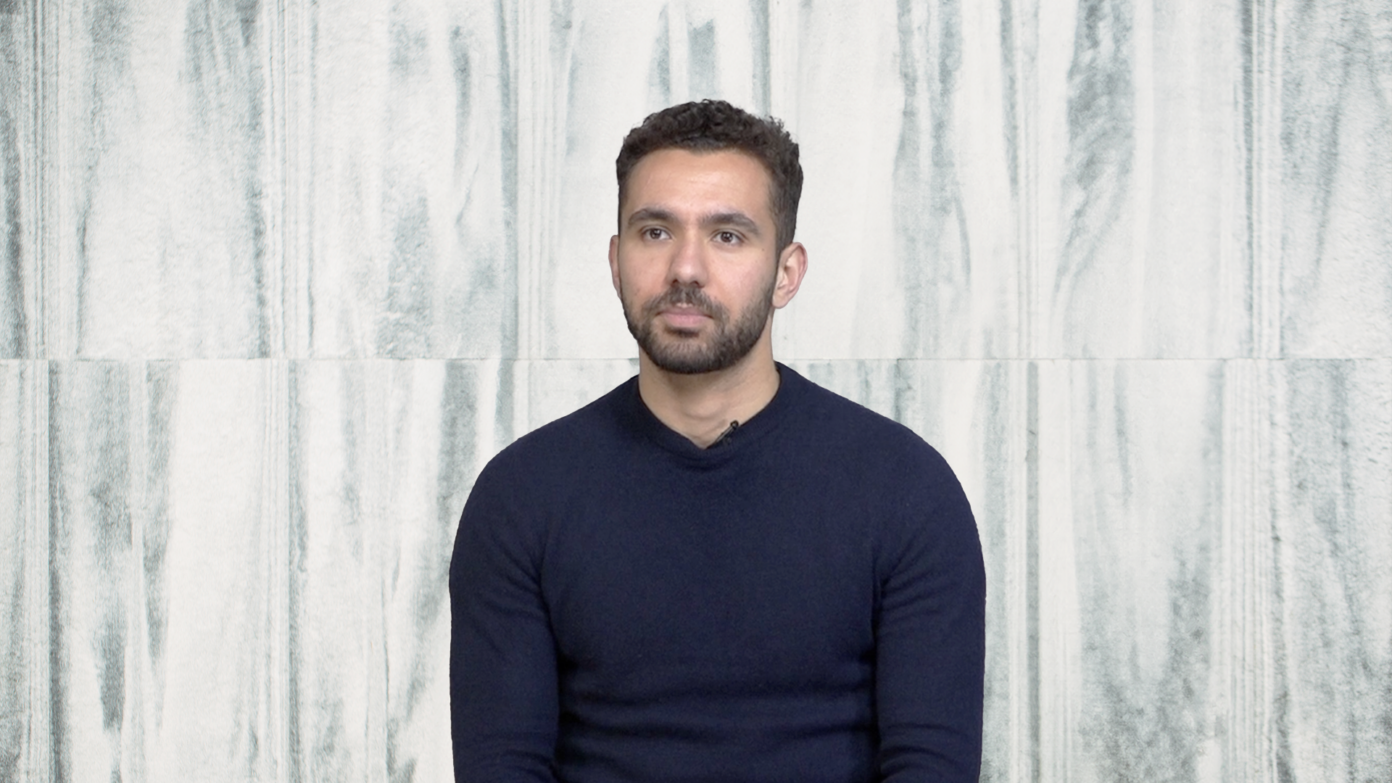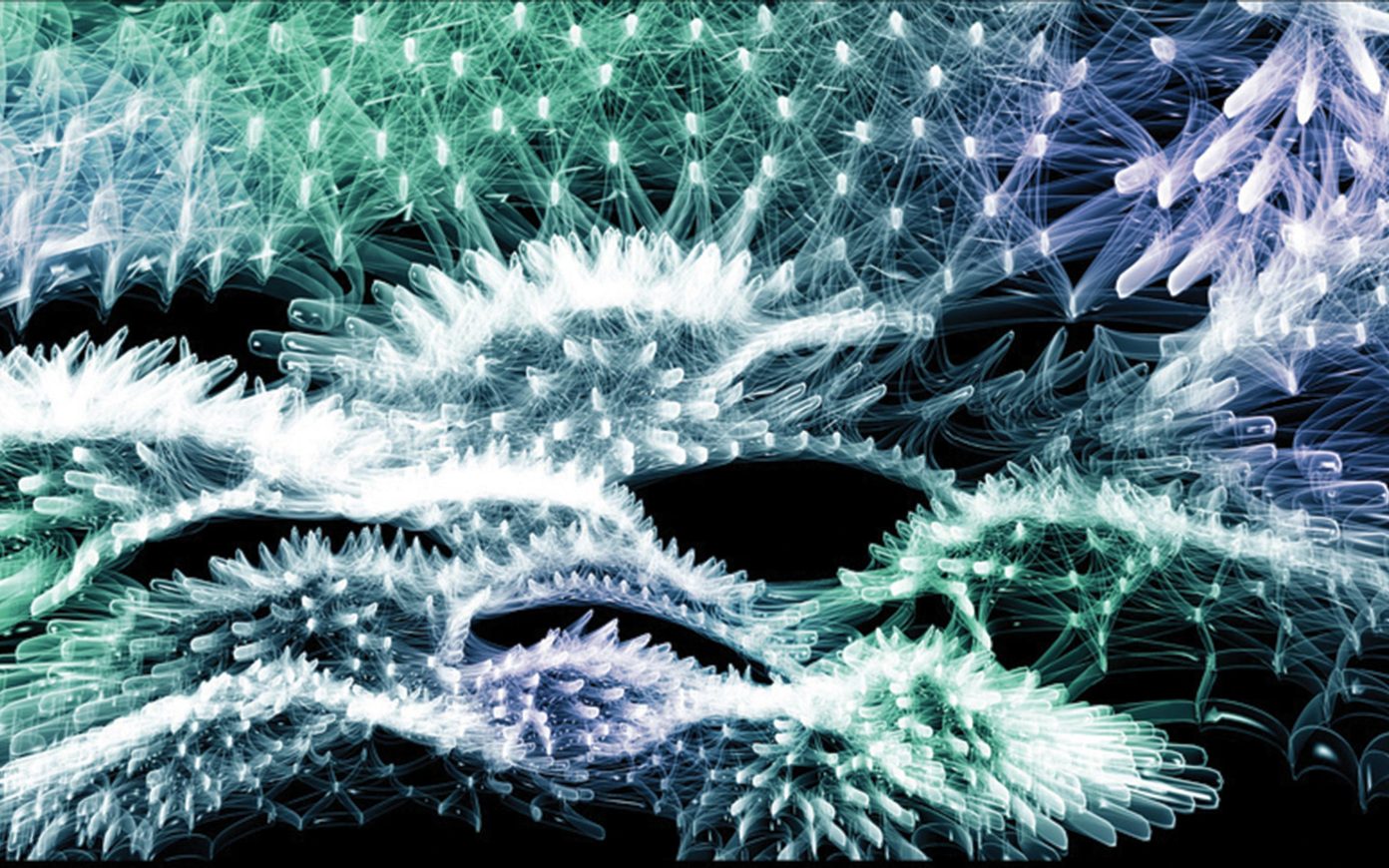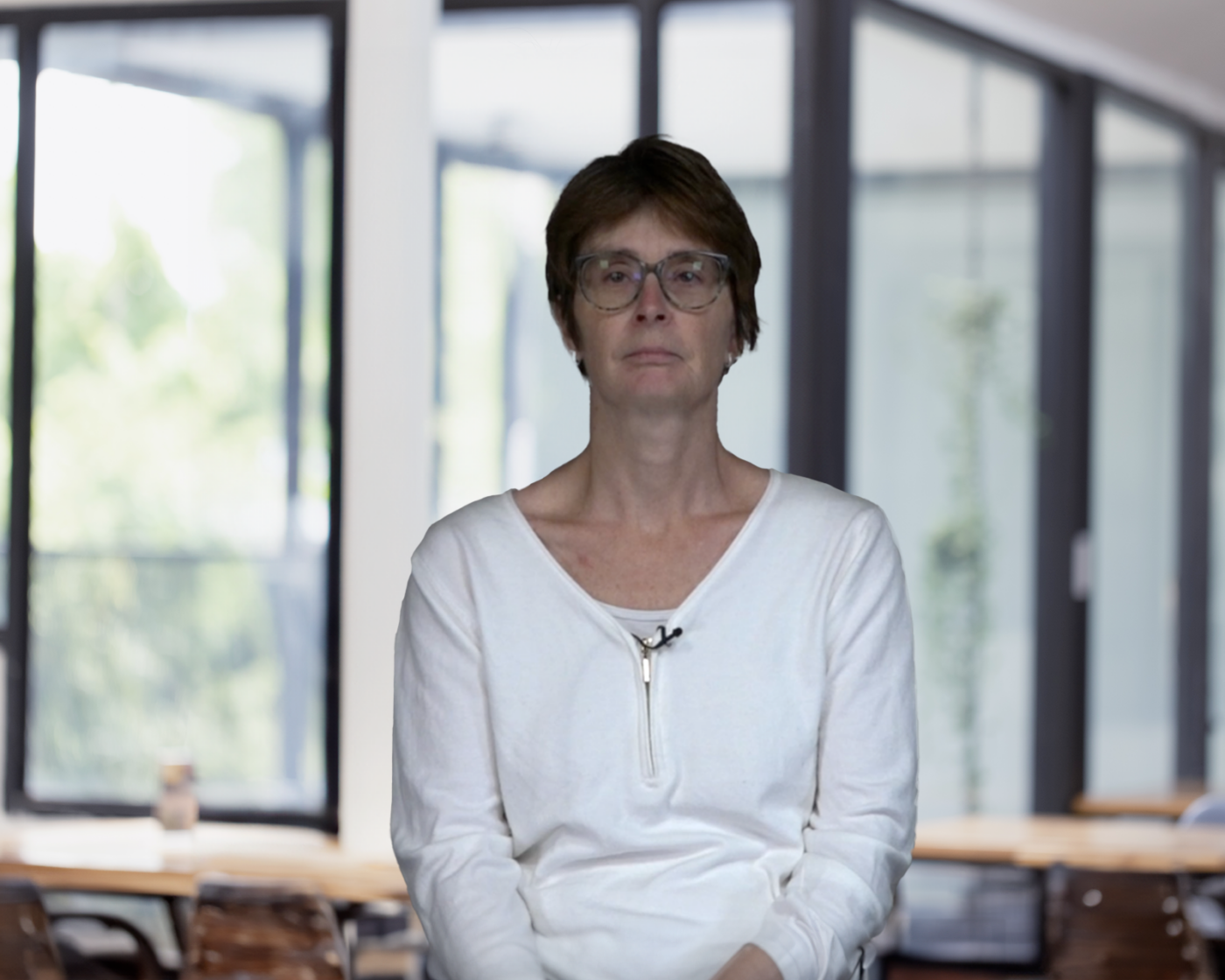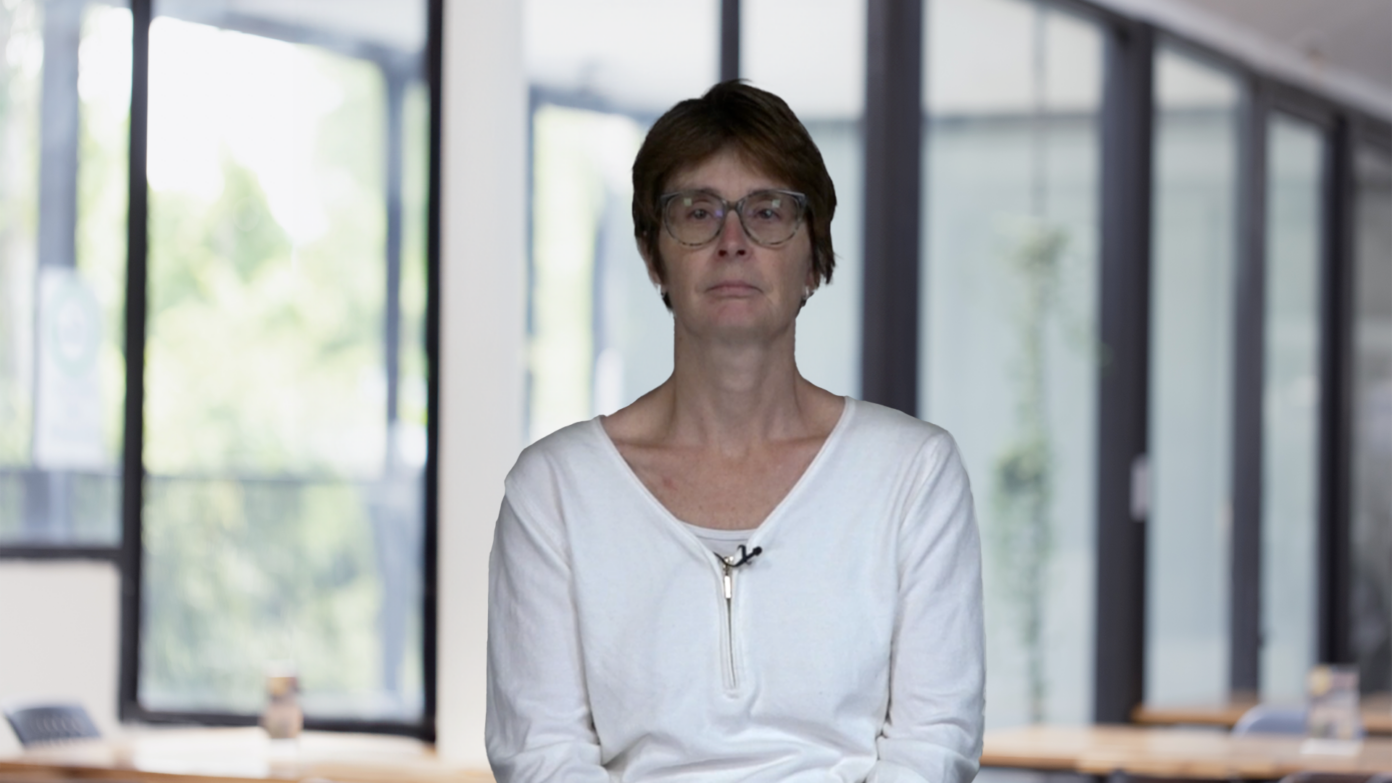The Commission’s Report on the Intangible Economy
The beginning of the twenty-first century was marked by a disruption comparable to the industrial revolution of the nineteenth century: the shift from industrial capitalism to knowledge capitalism. The Report on the Intangible Economy was drafted in 2006 by a commission of experts on behalf of the French government. It analyzes the changes that have been brought about during the past two decades by the technology revolution, globalization, and the financialization of the economy. Real wealth isn’t concrete anymore, but abstract. It is the ability to innovate, to create concepts, and to produce ideas that has become the crucial competitive advantage in developed economies. This intangible capital is difficult to control and to protect. The new economy is therefore synonymous with risk and uncertainty. It generates many paradoxes. Intellectual property thus occupies a central place in the intangible economy that is paradoxically threatened by the dematerialization of goods and the acceleration of the economy. According to the authors of the report, this new era could very well be rife with opportunities for a nation such as France, provided that its reflexes, scales, and models see radical change. Maurice Lévy is a businessman and publicist. He was president of the board of directors of Publicis Group from 1987 to 2017. Jean-Pierre Jouyet graduated from Sciences-Po and ENA. He is a high official, lawyer and politician.
